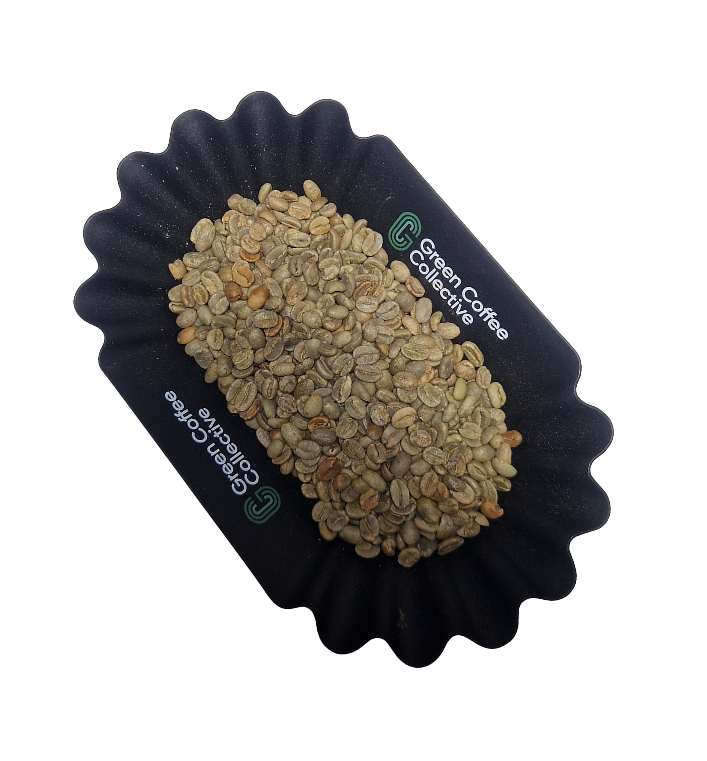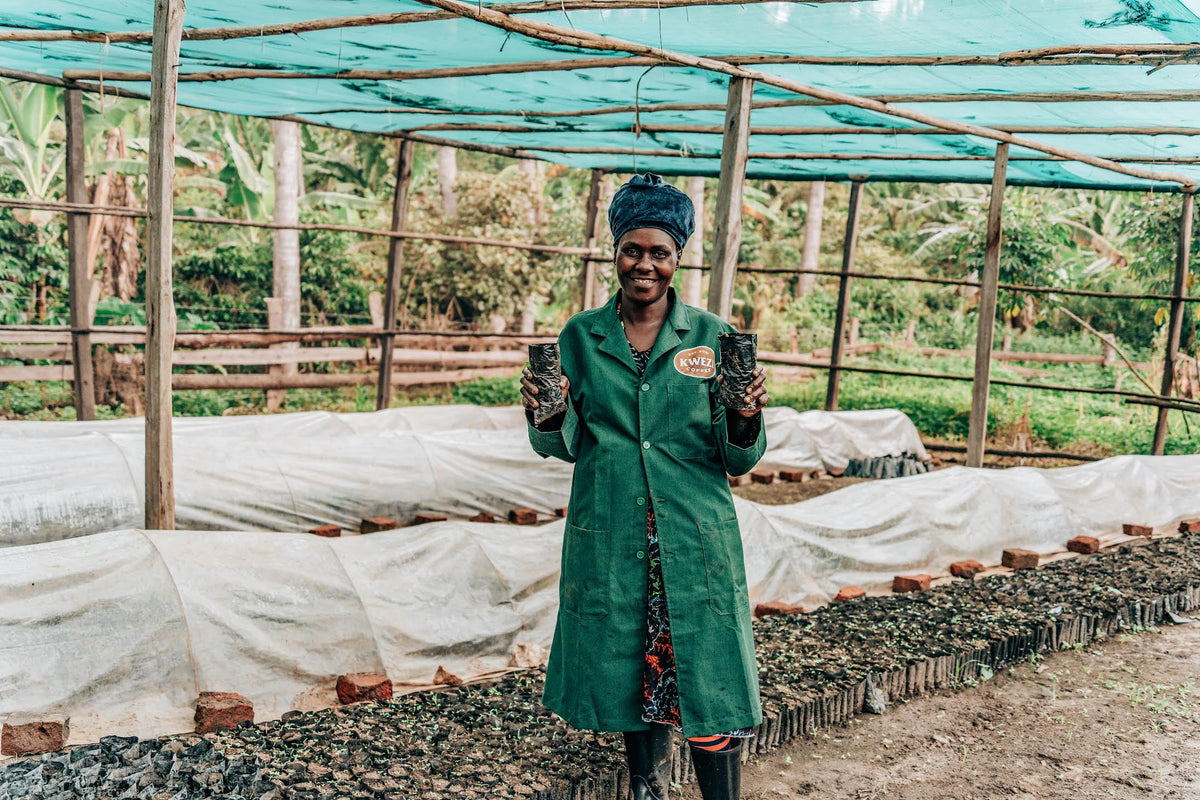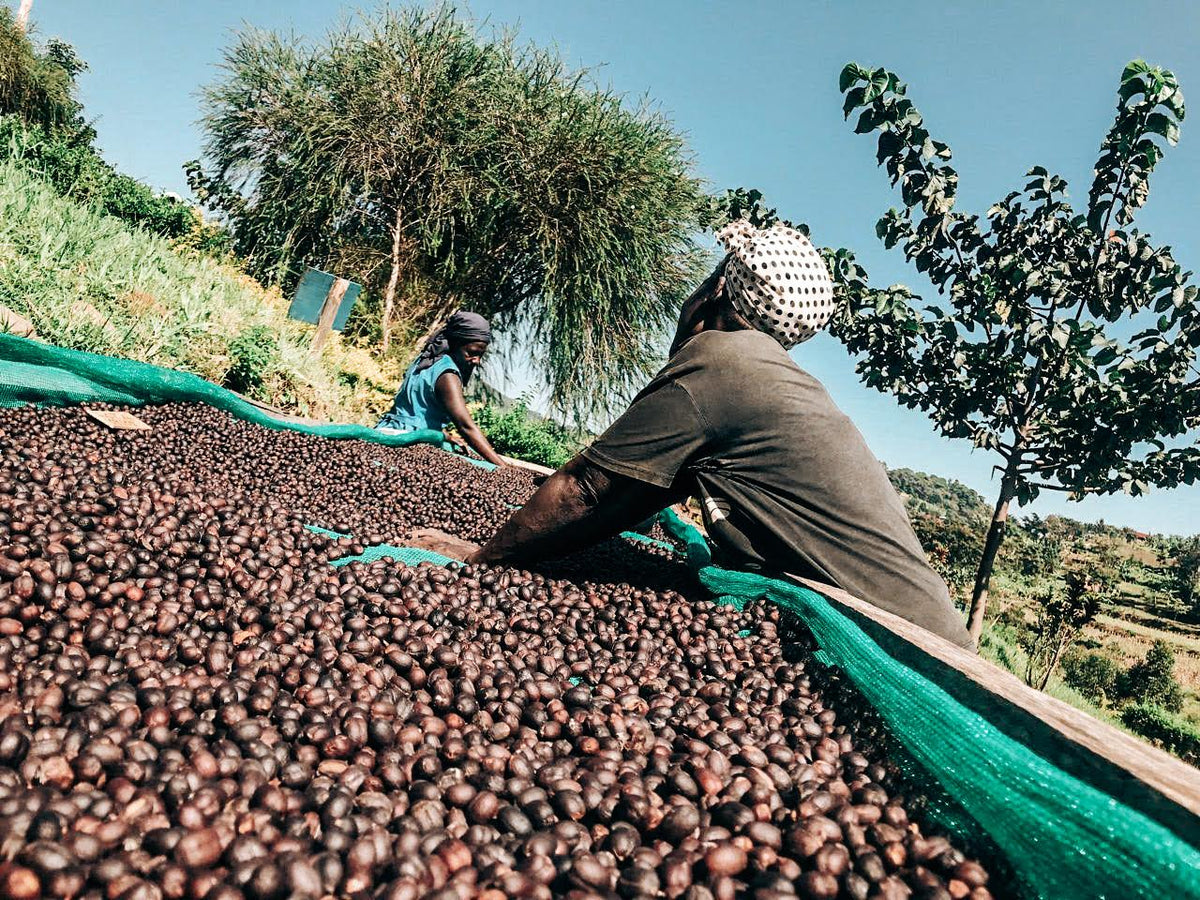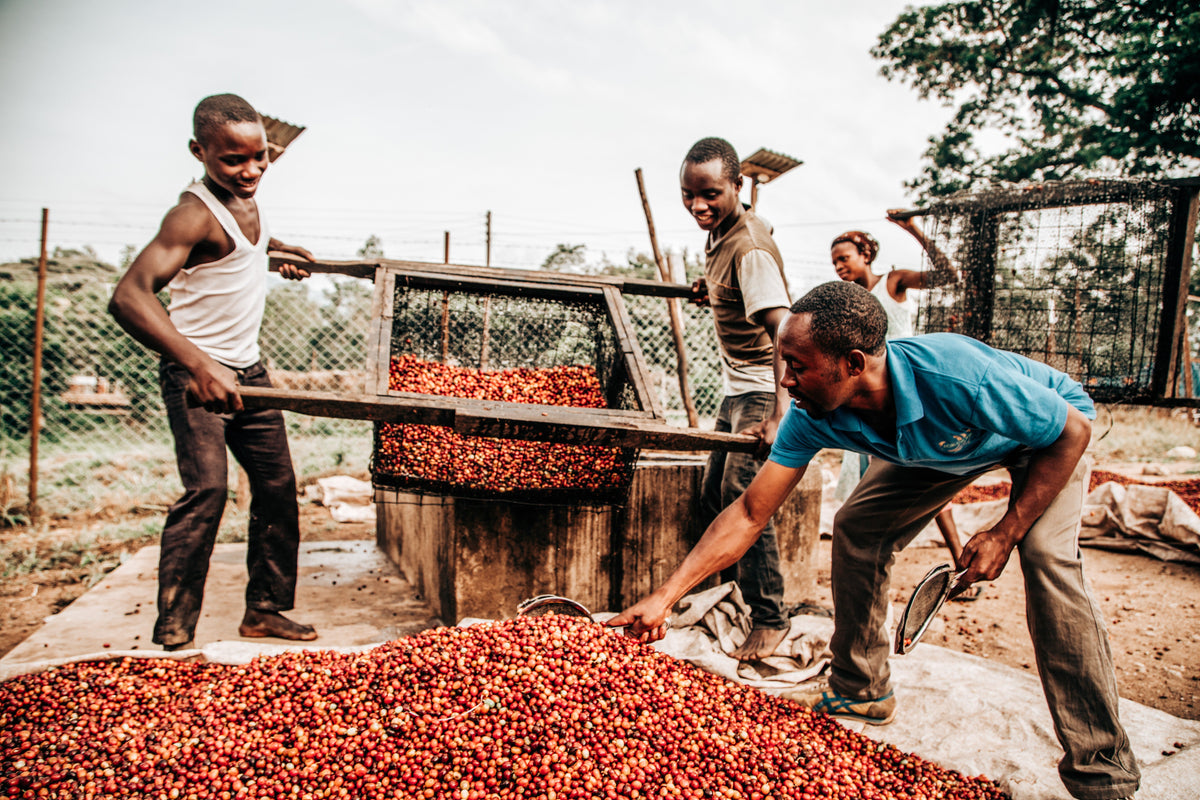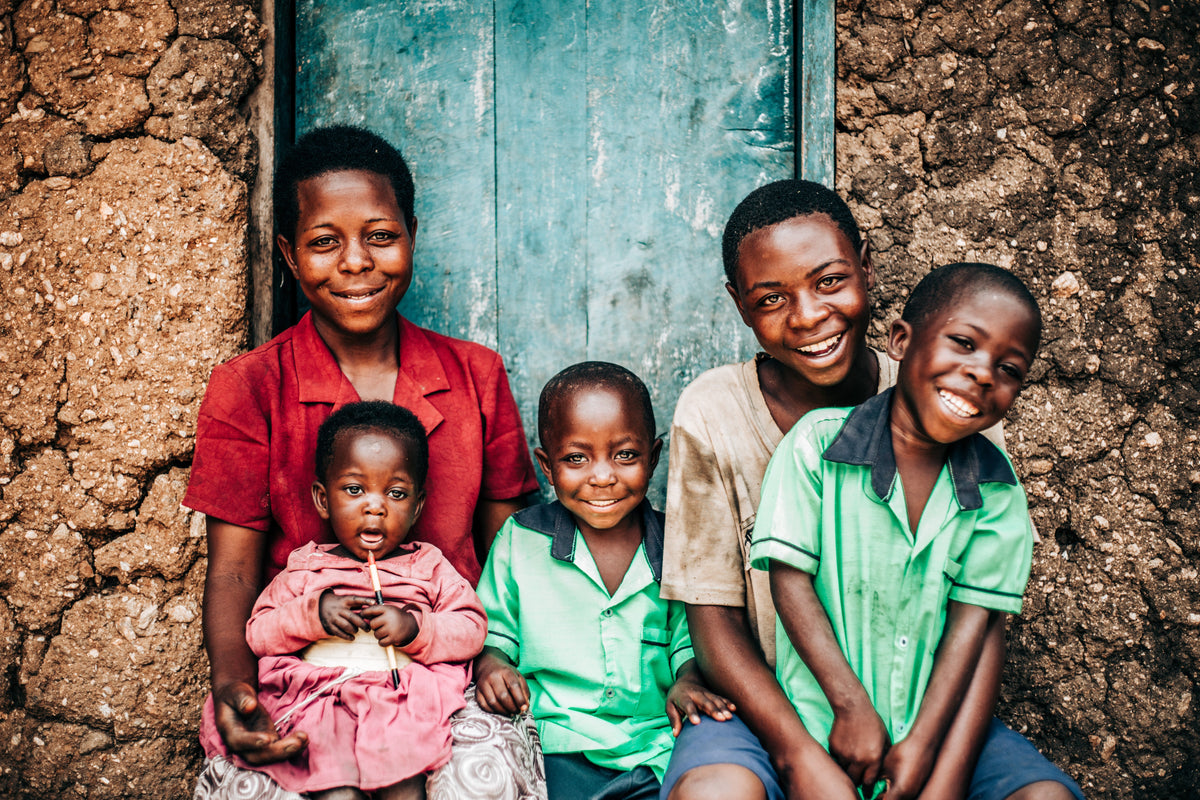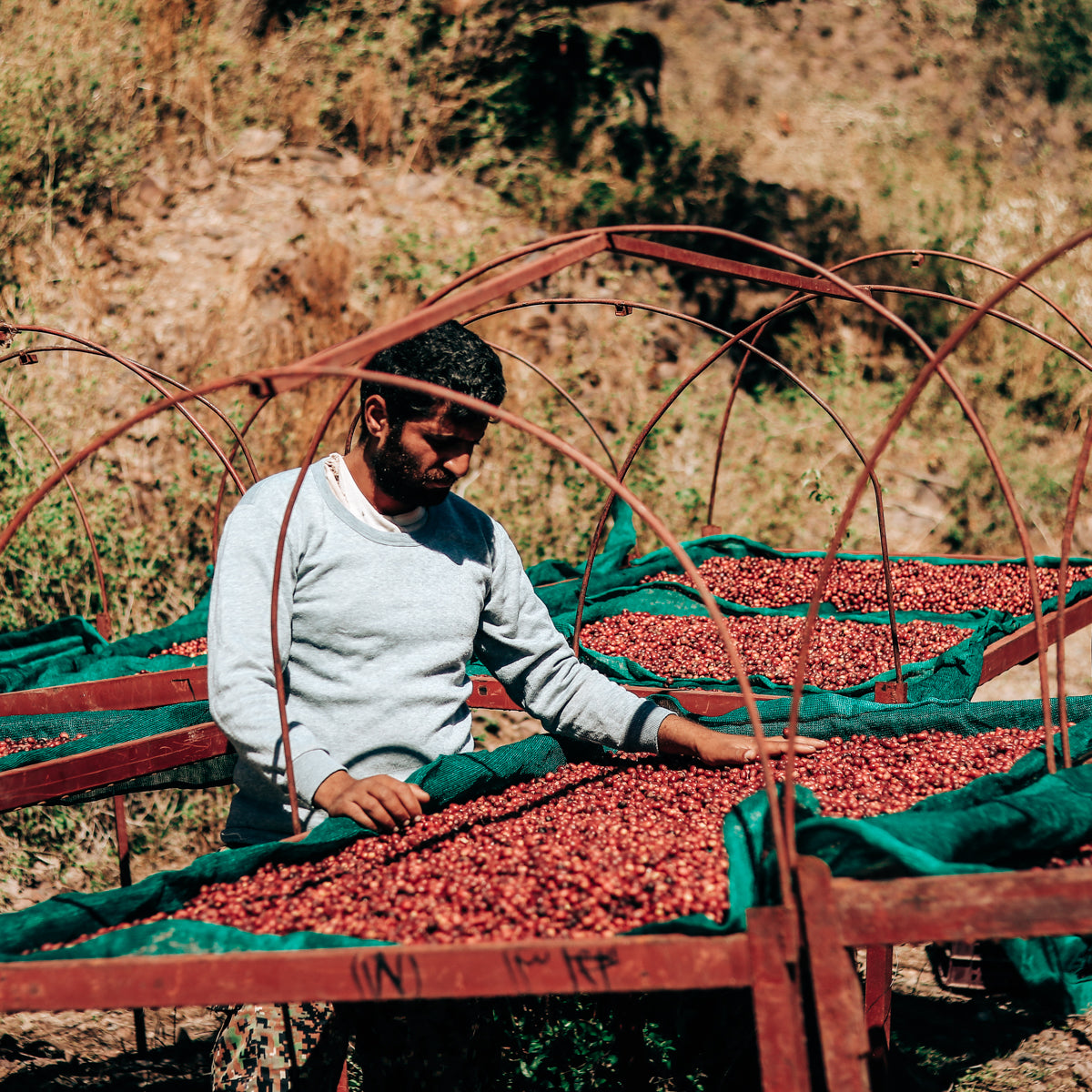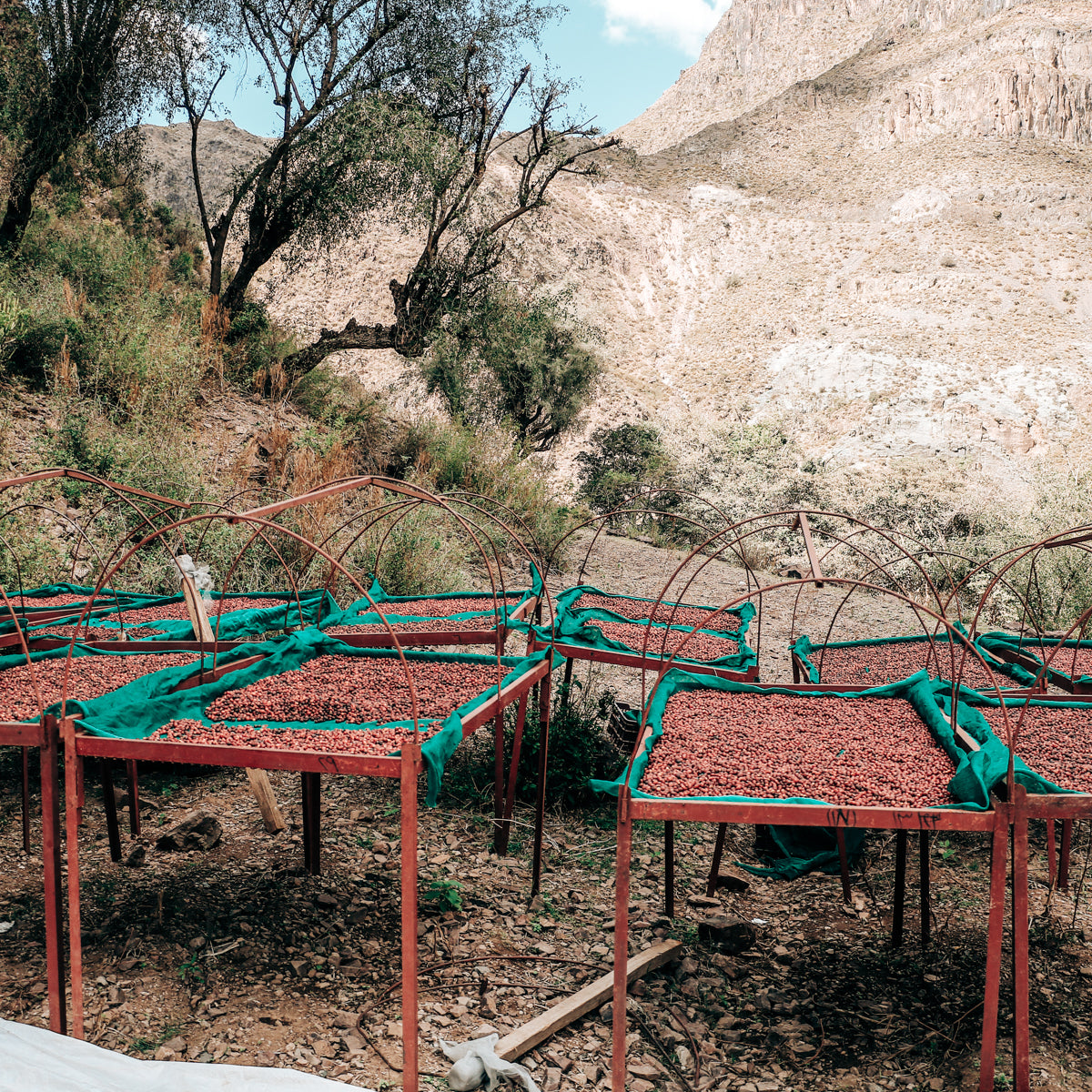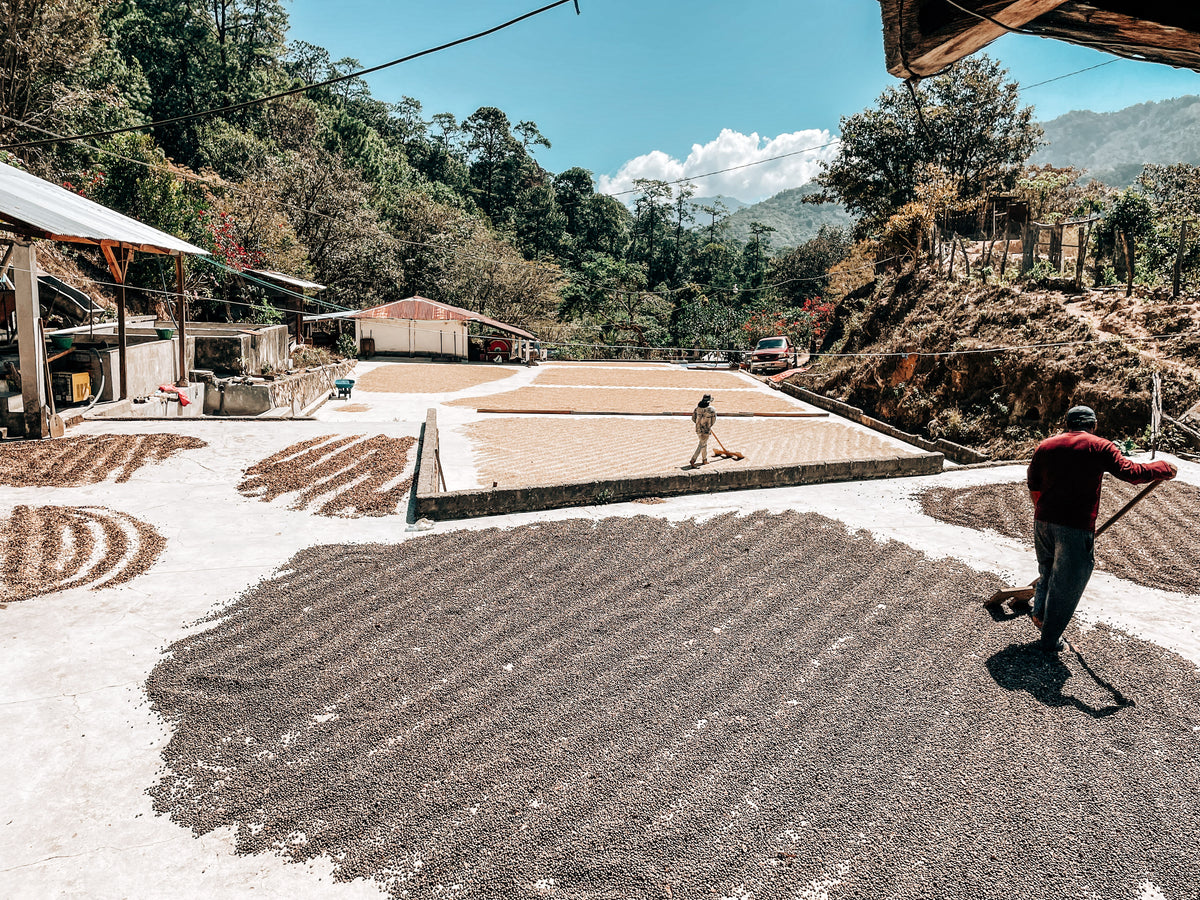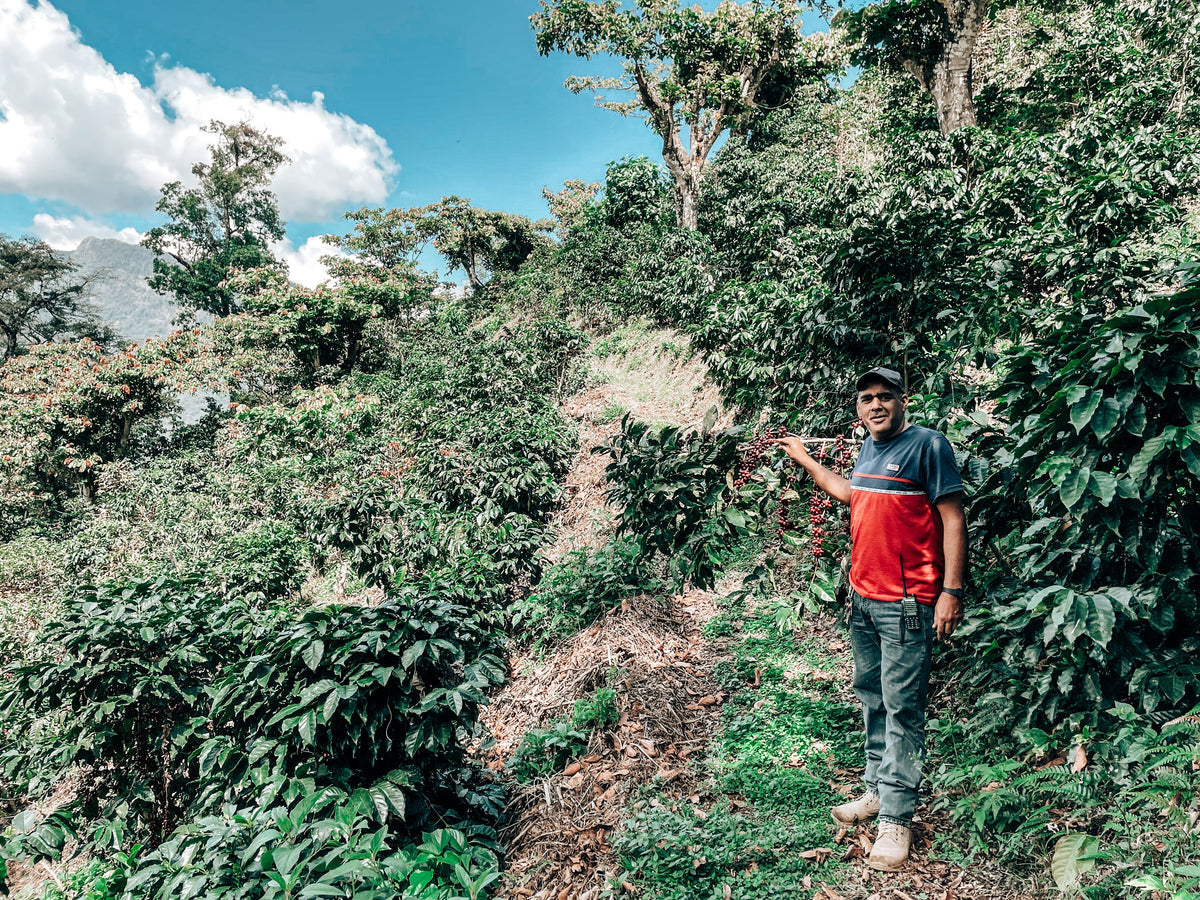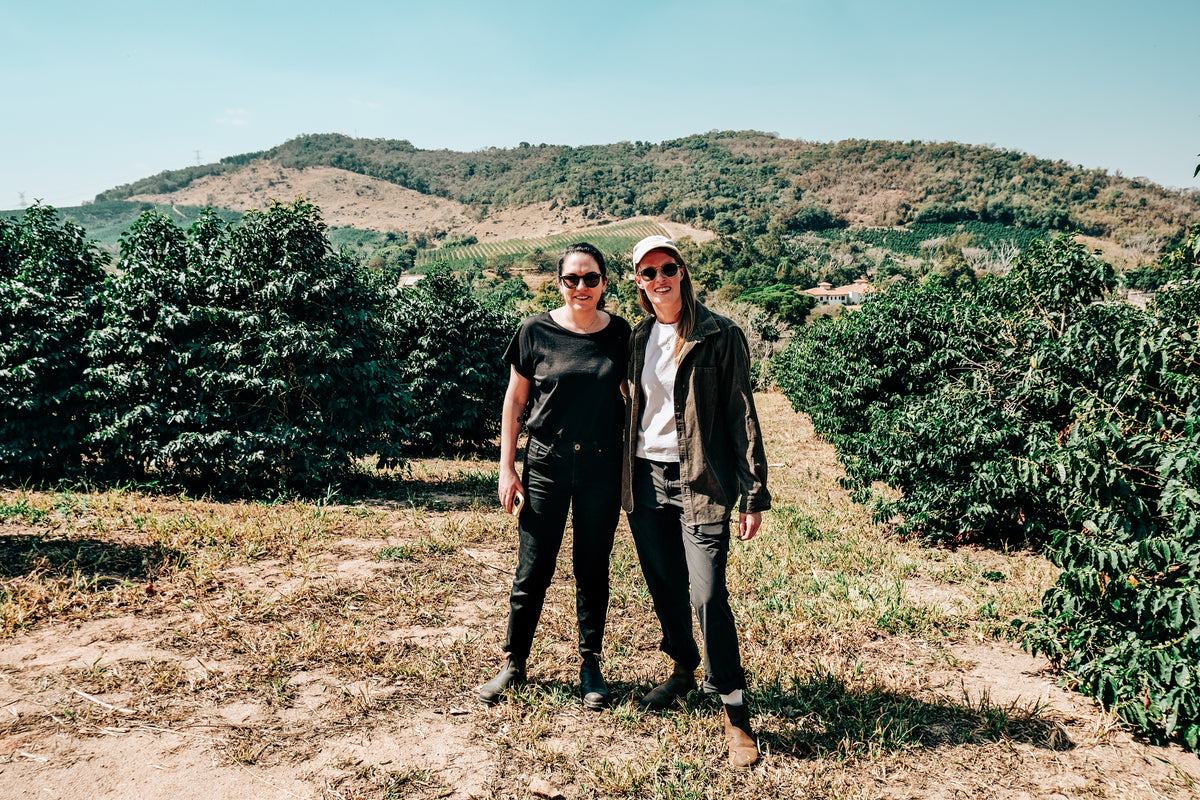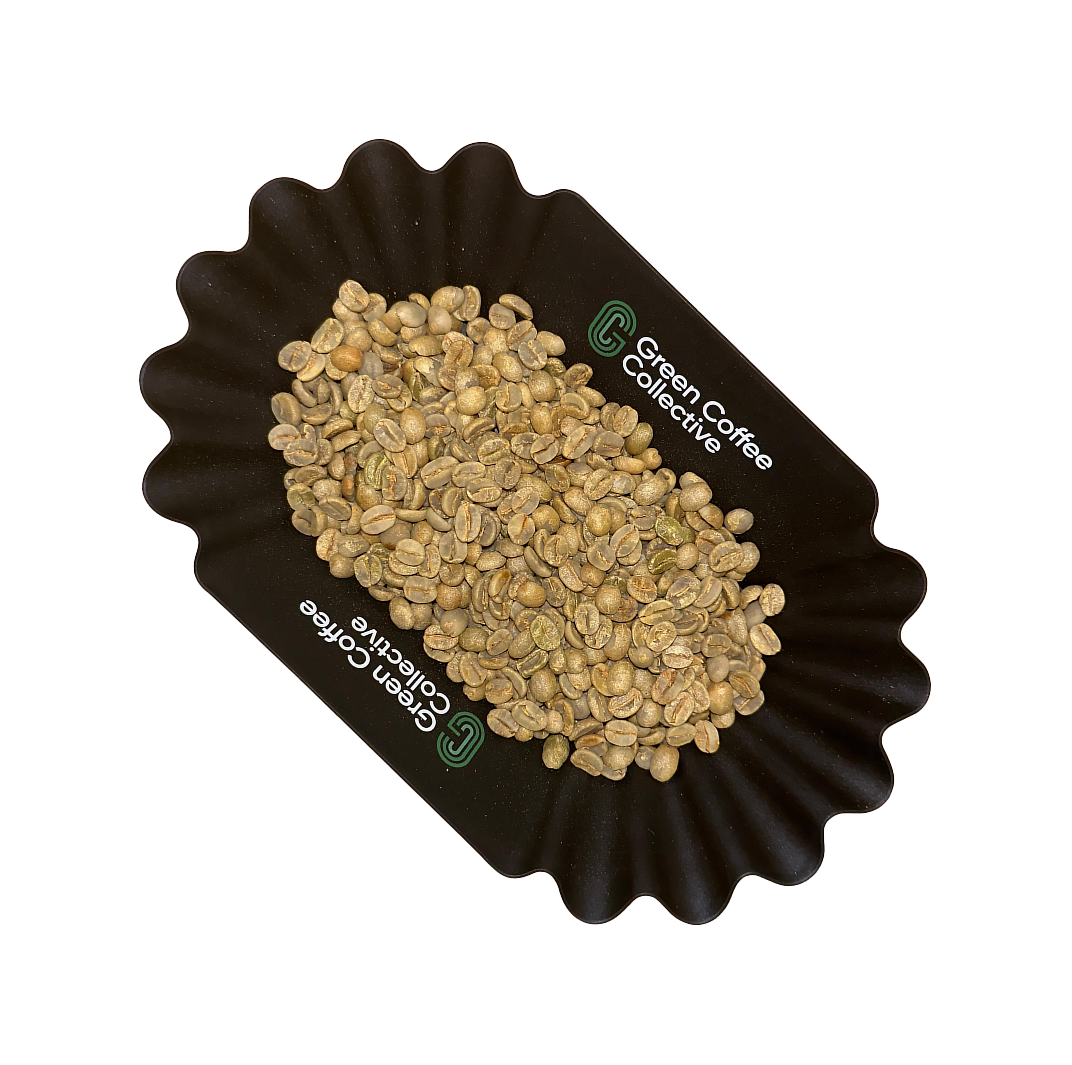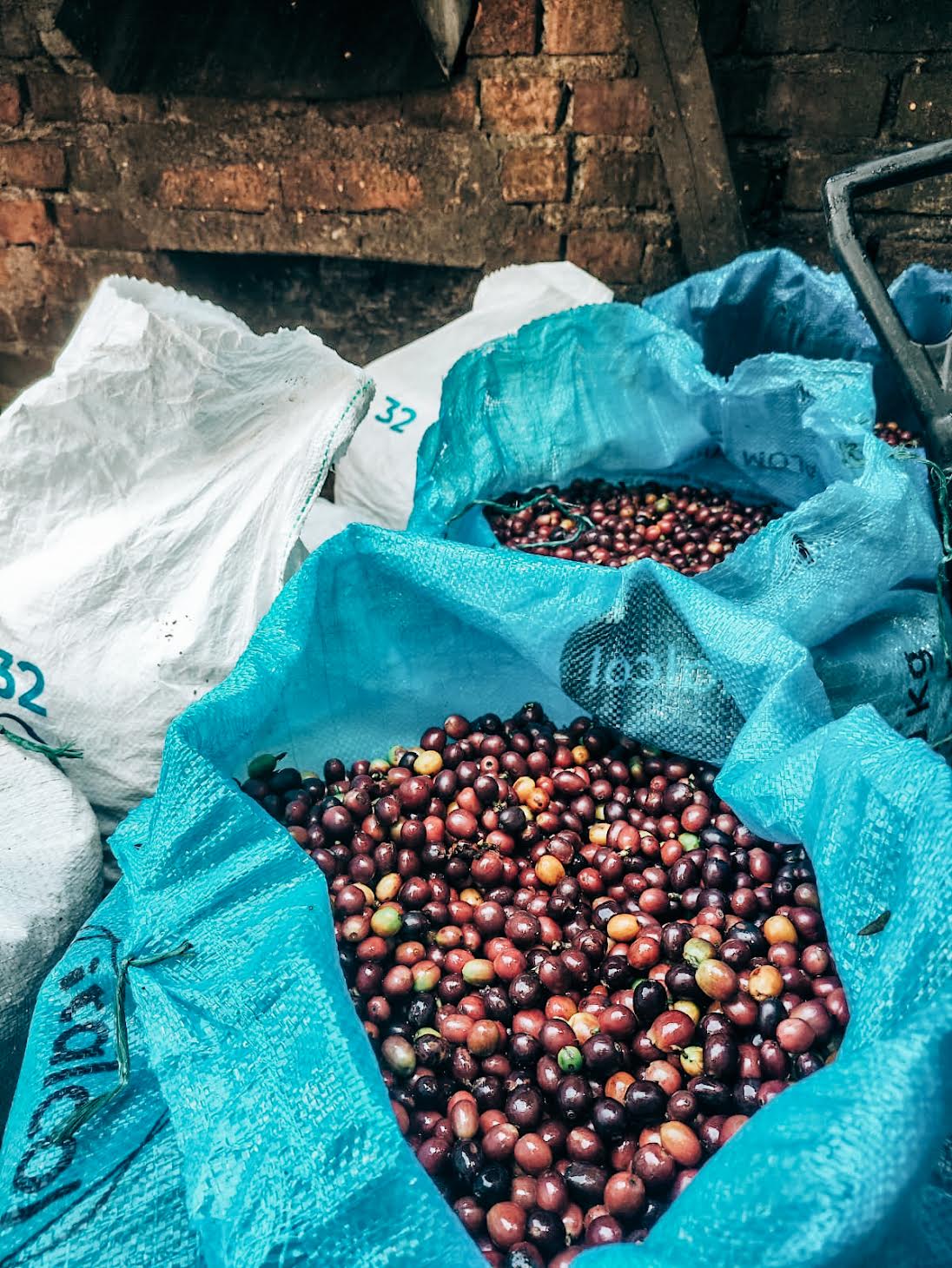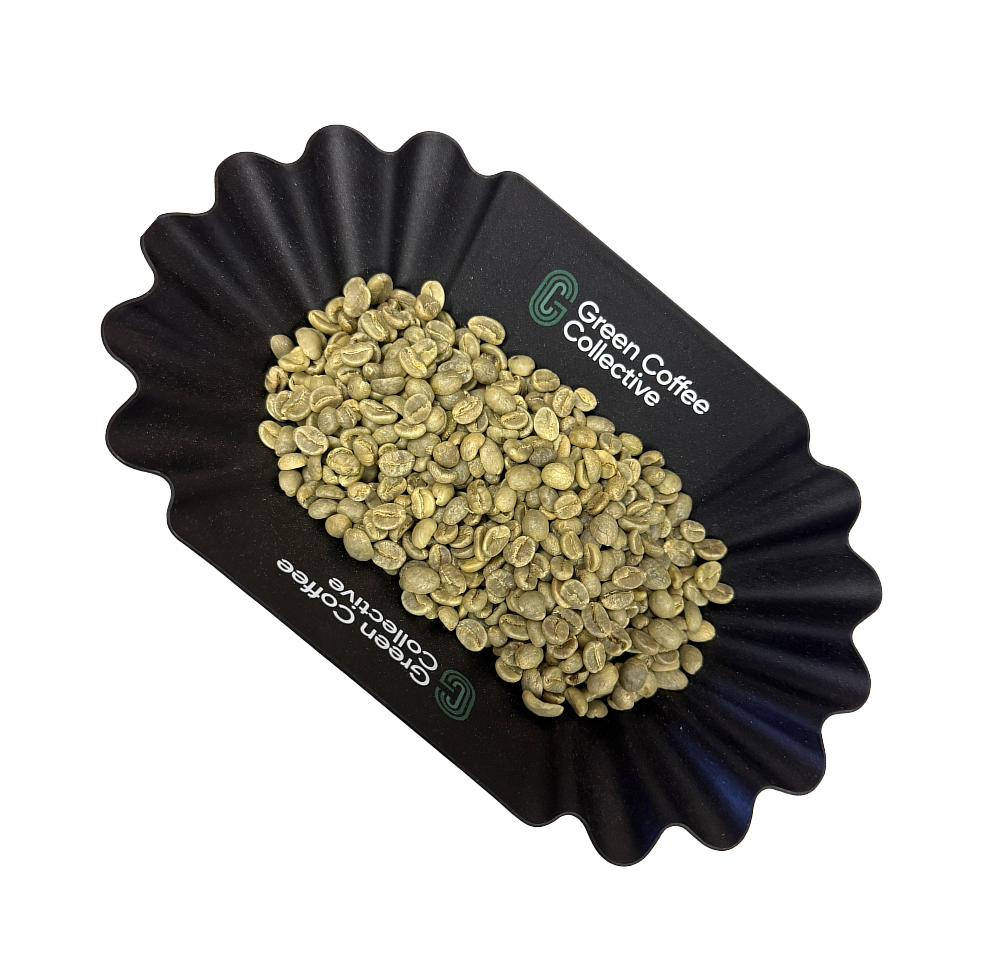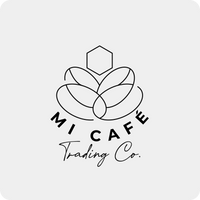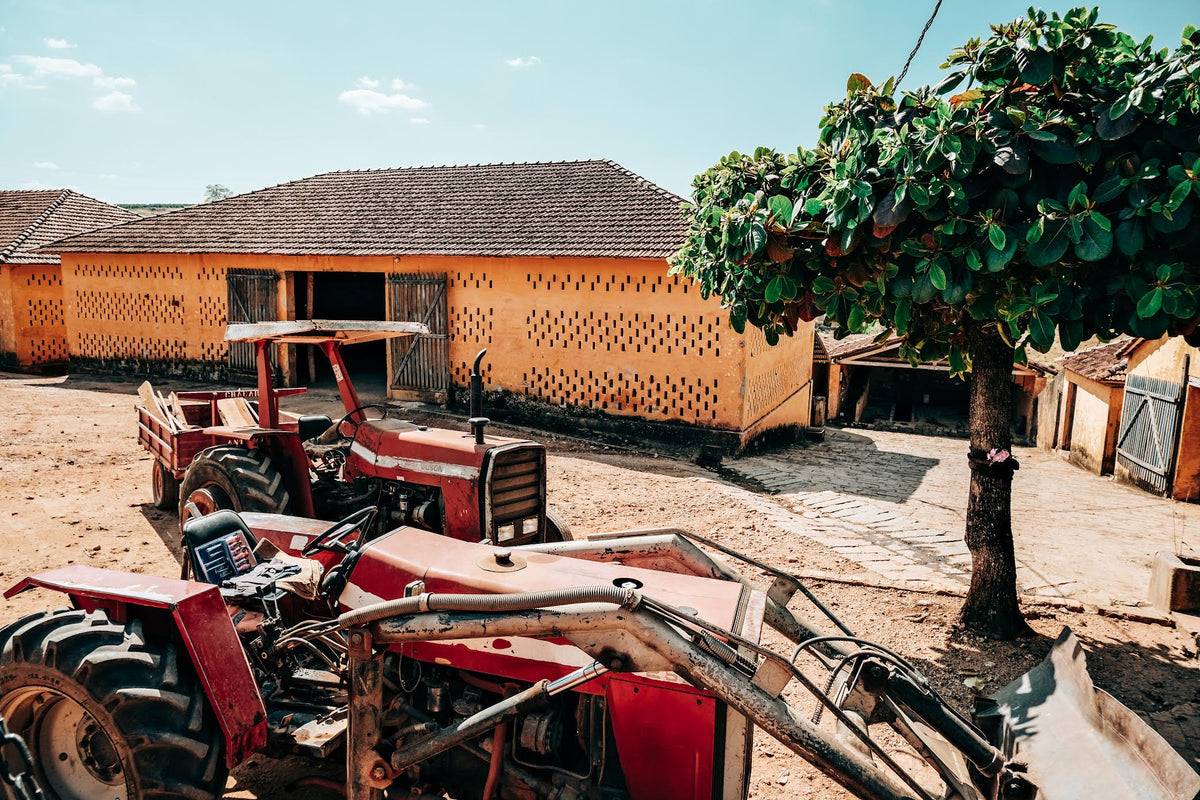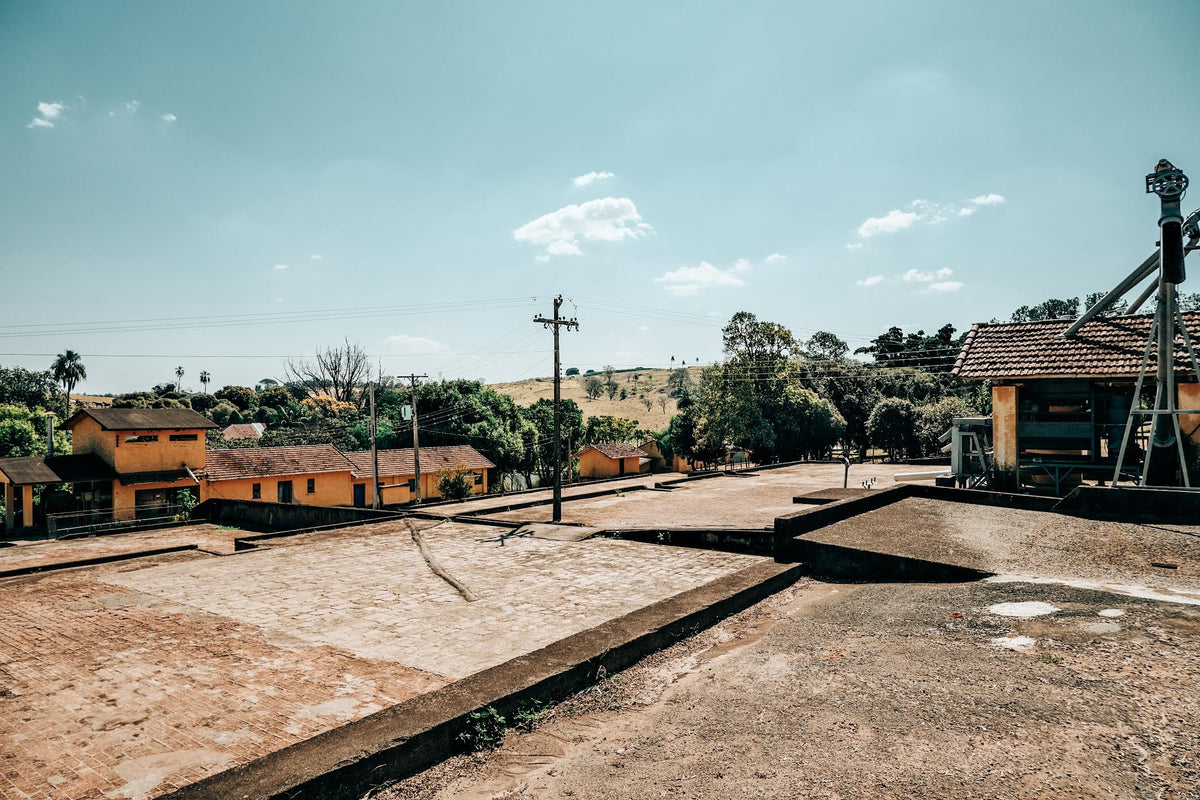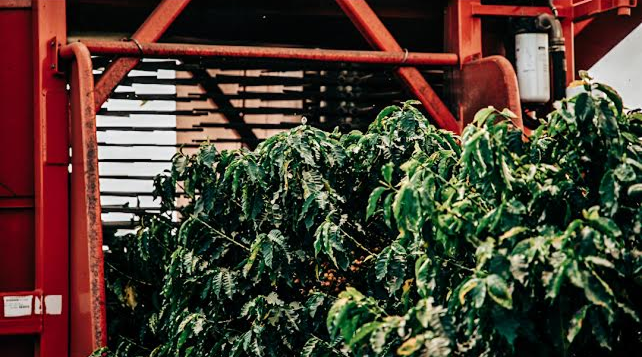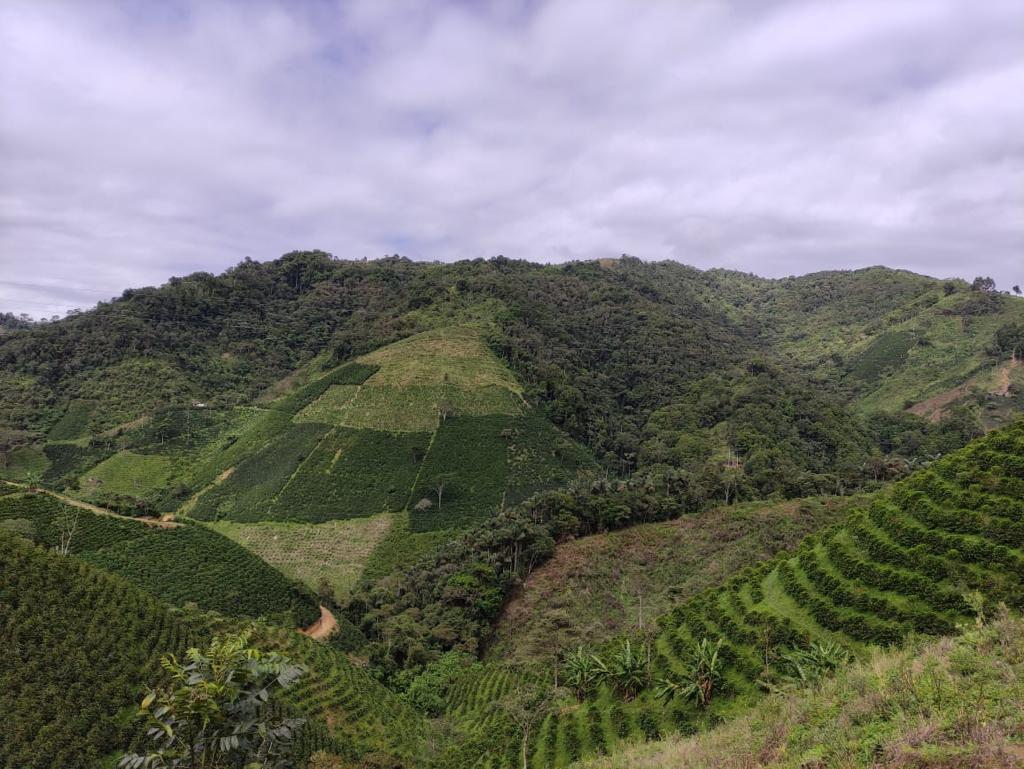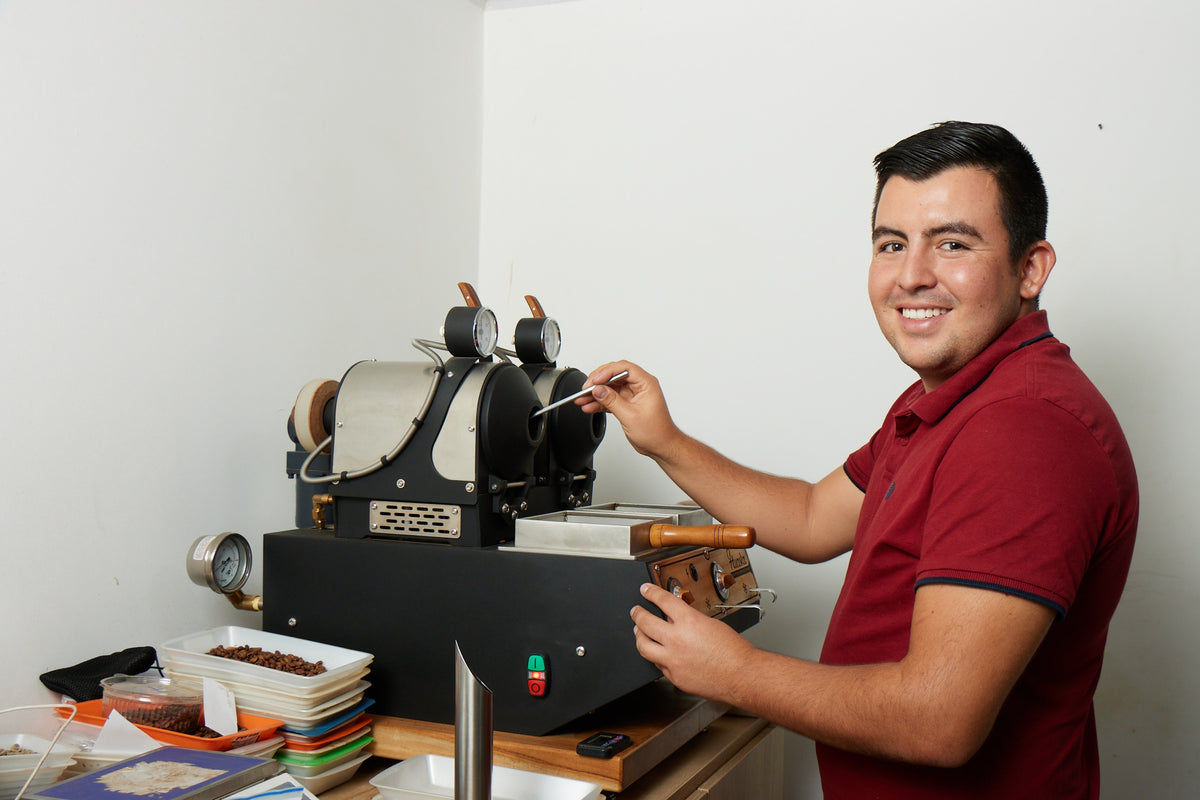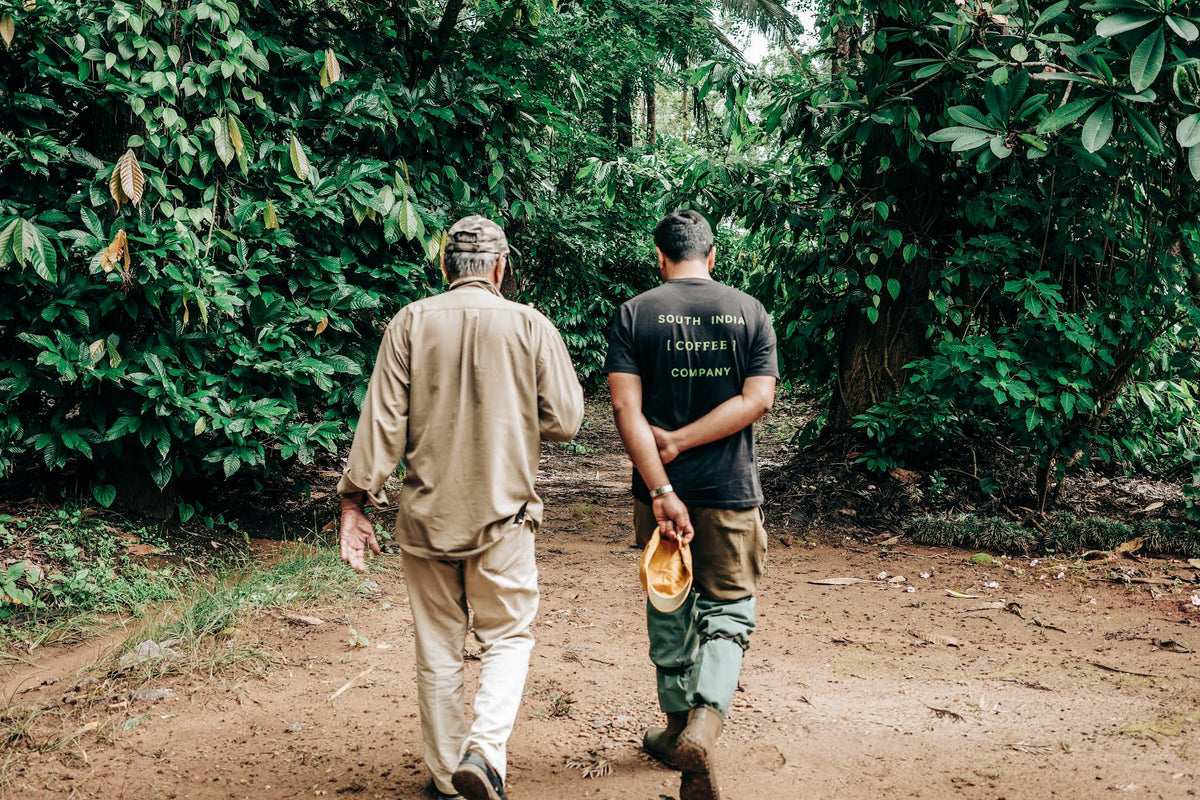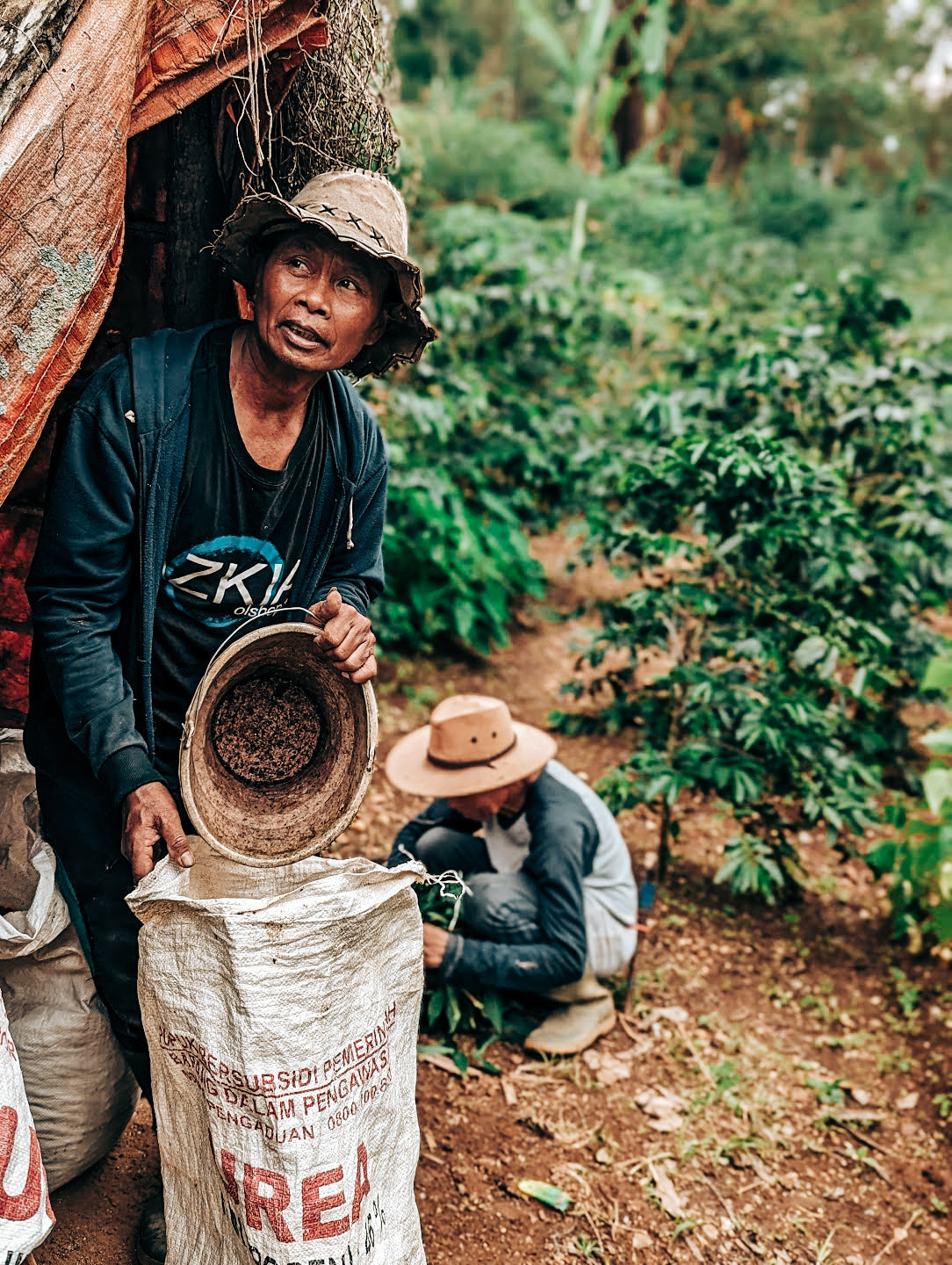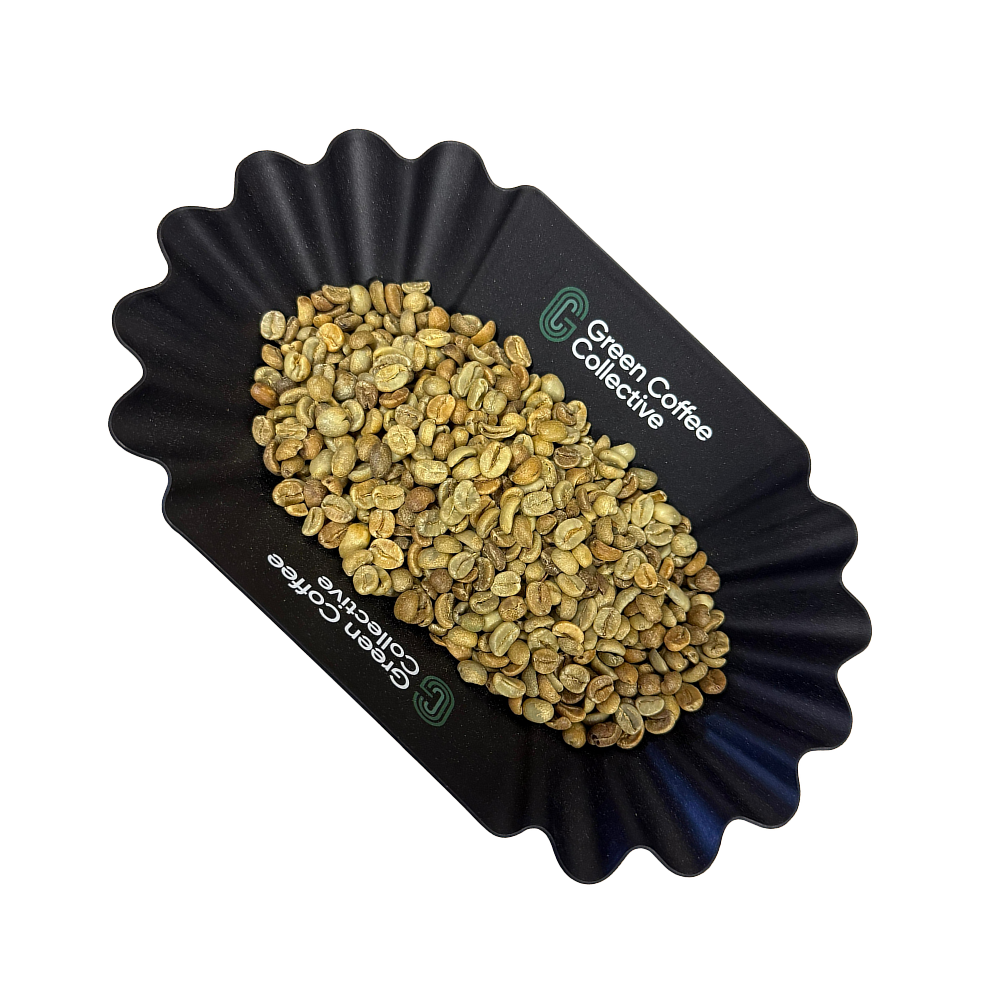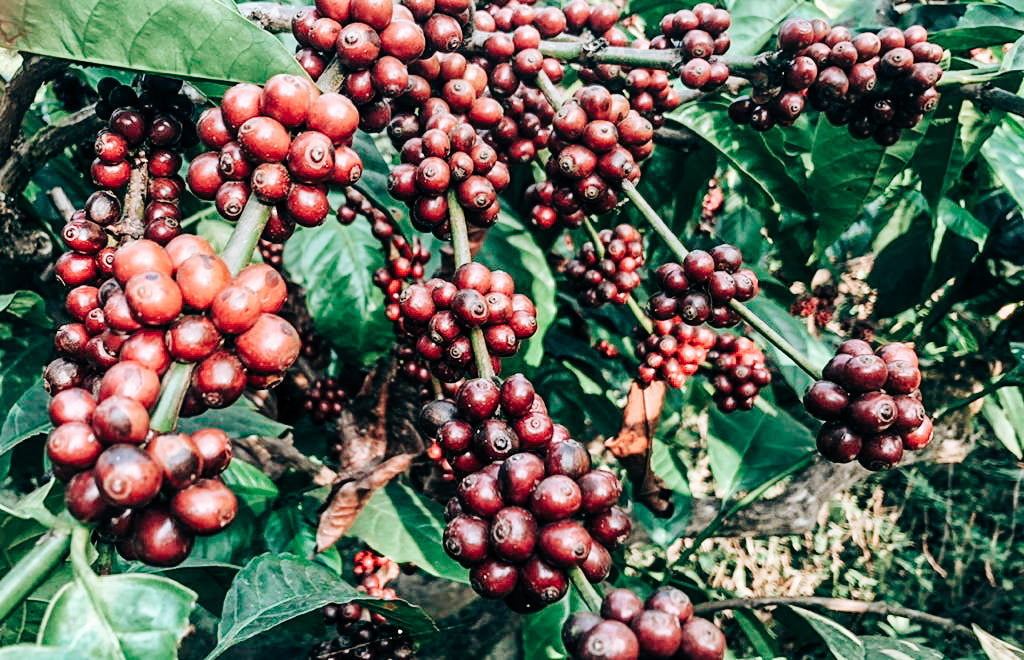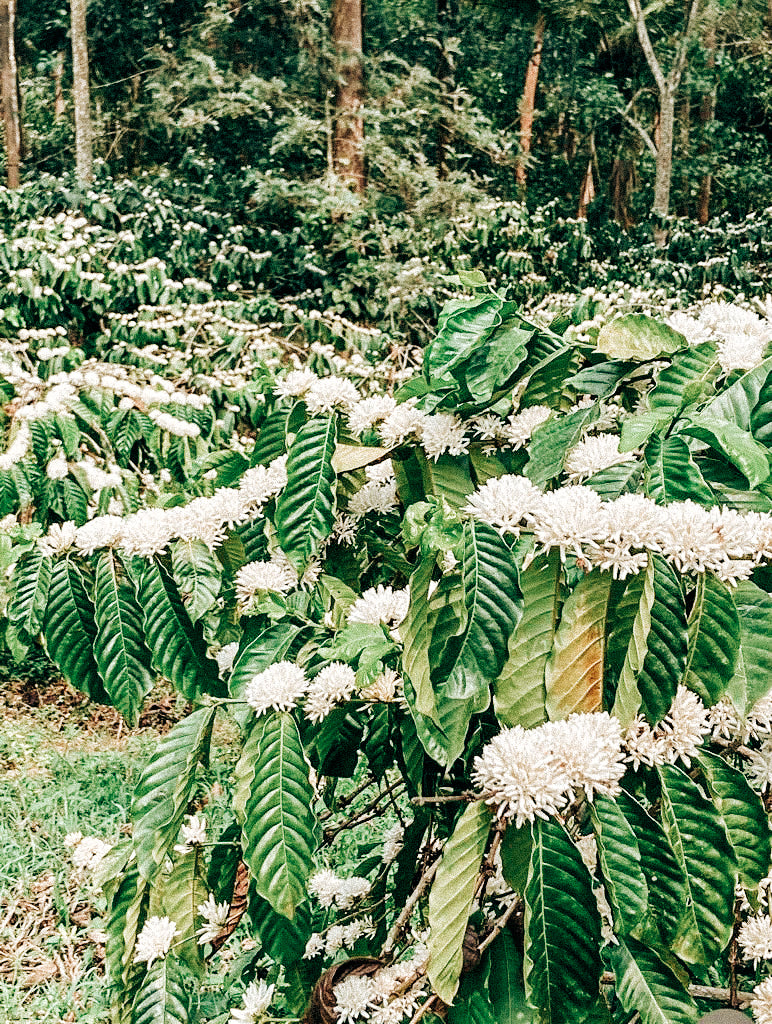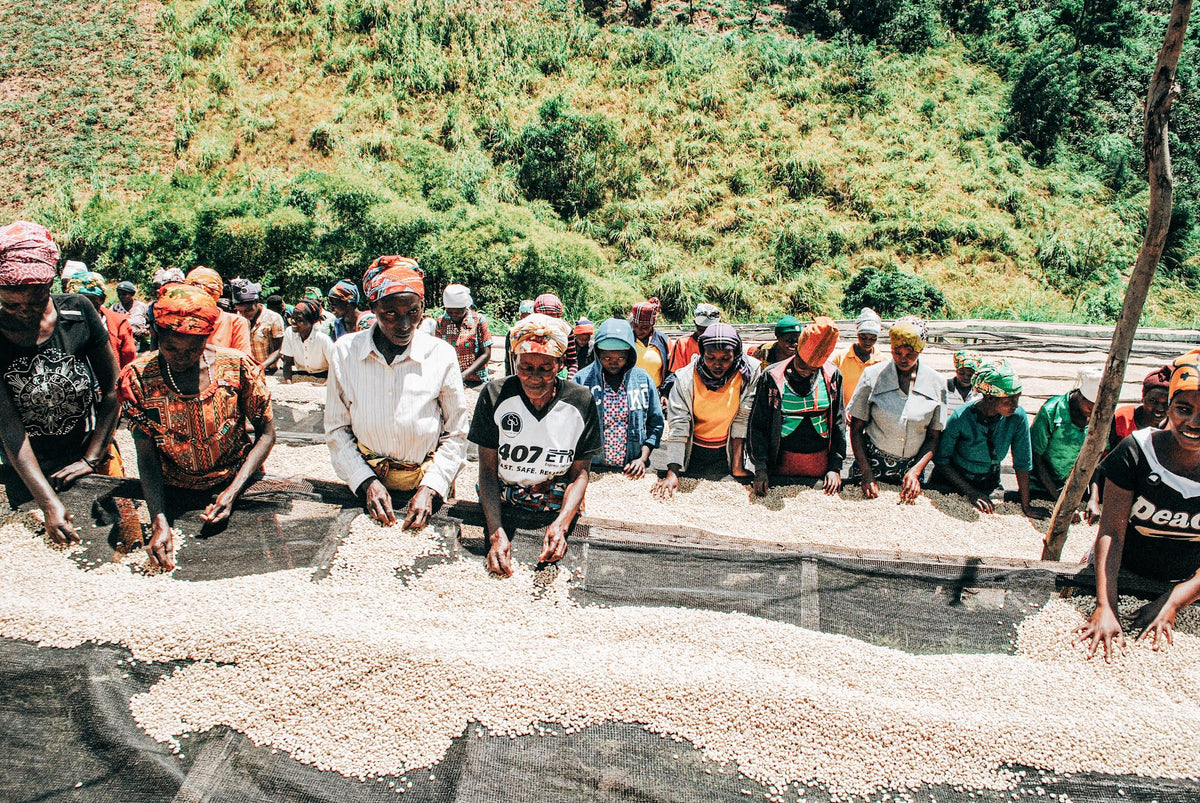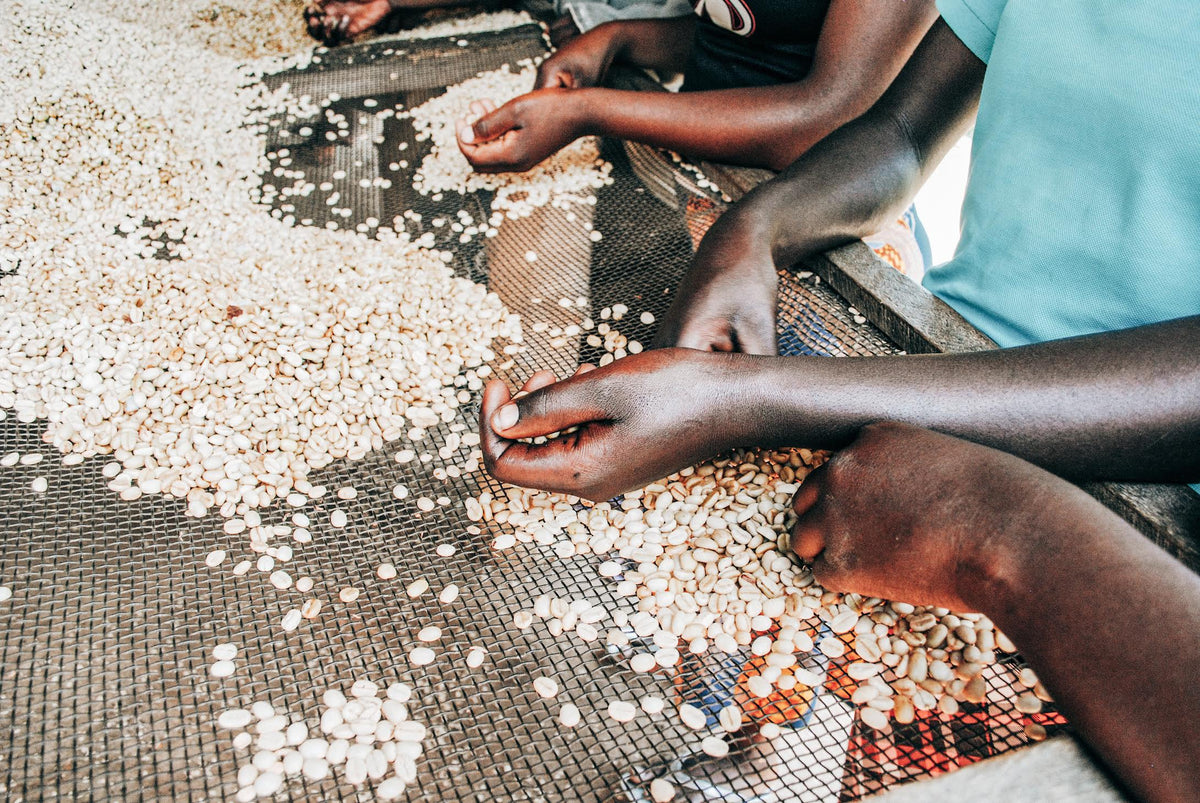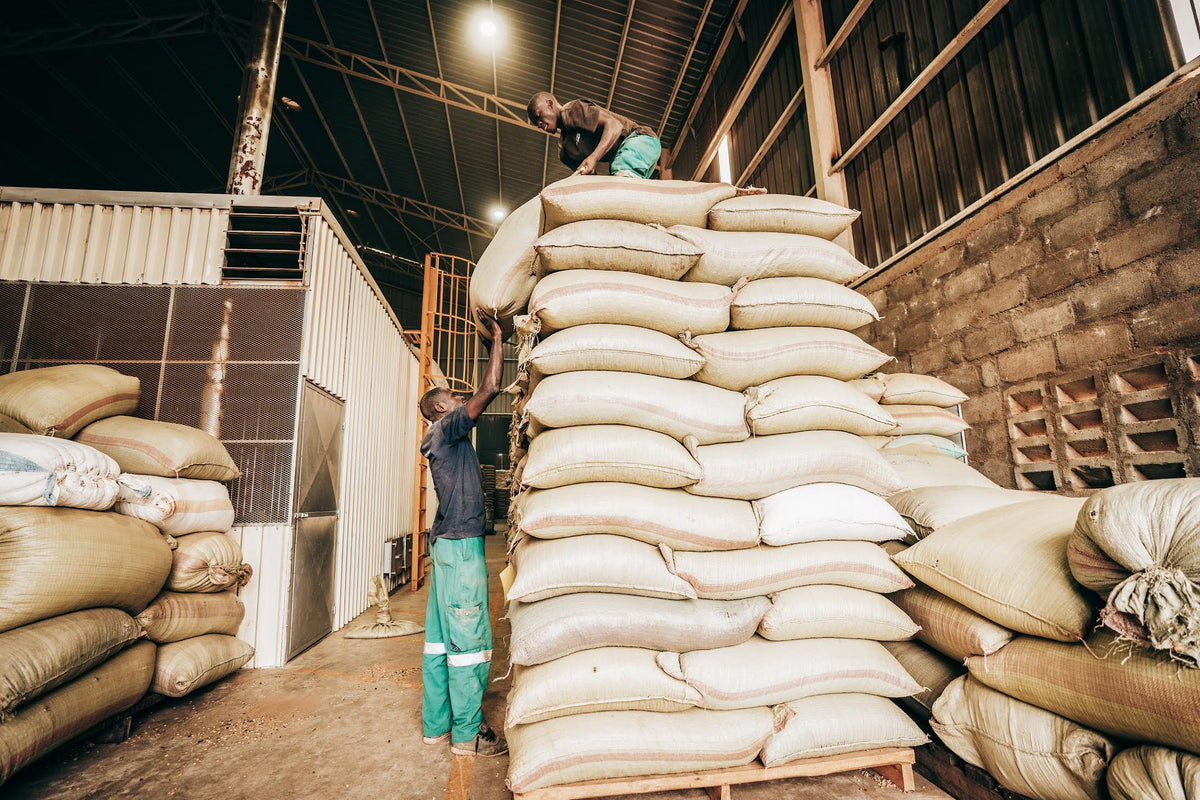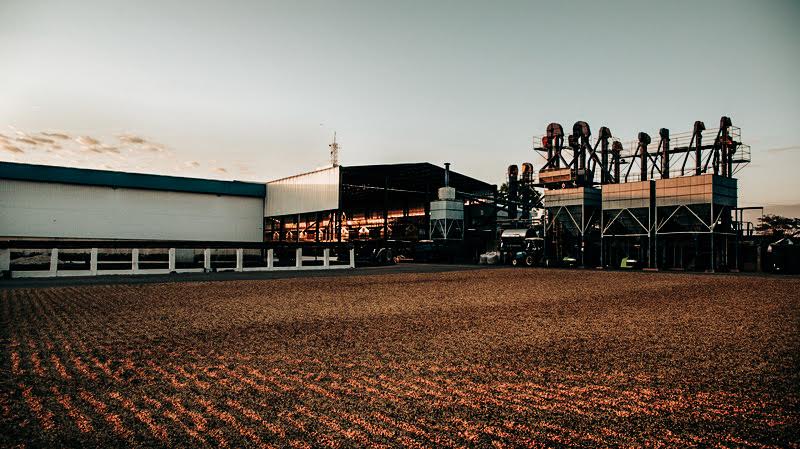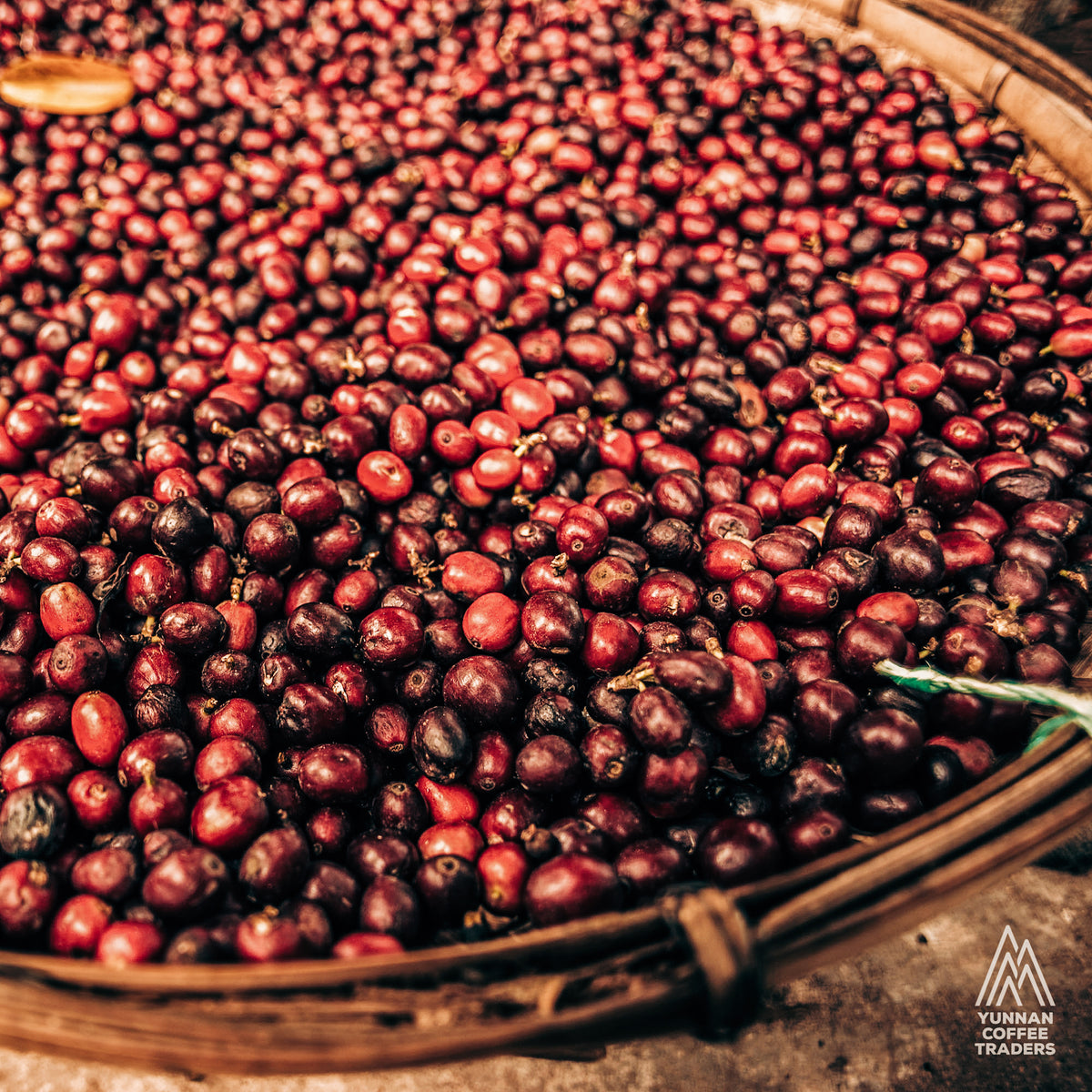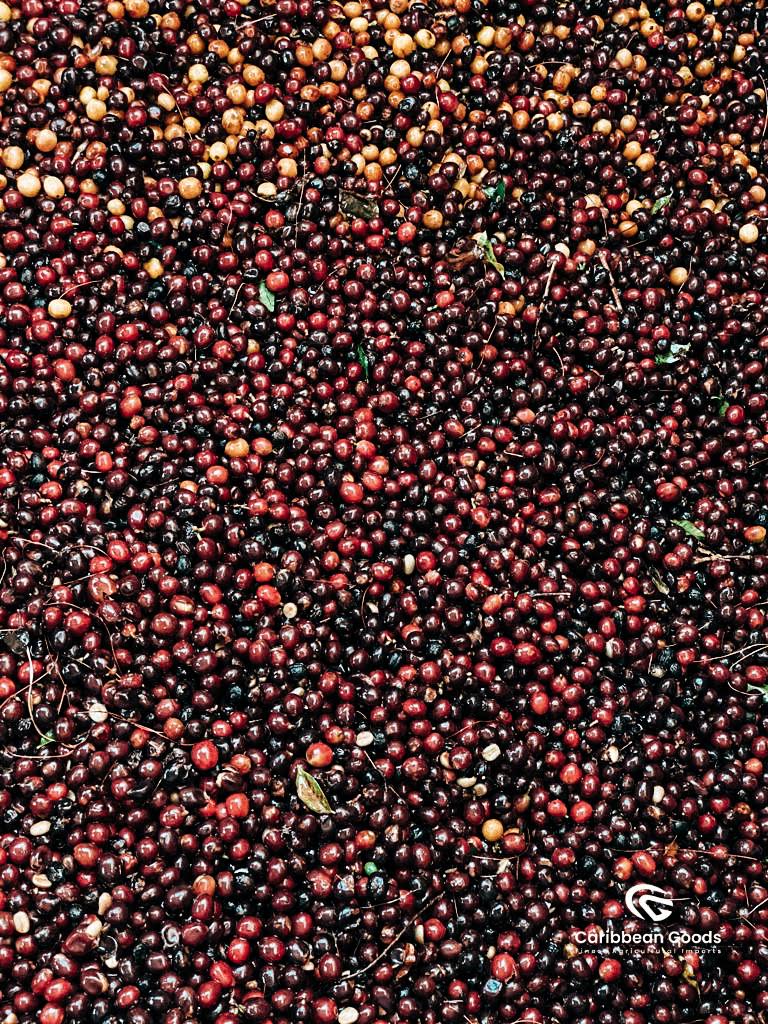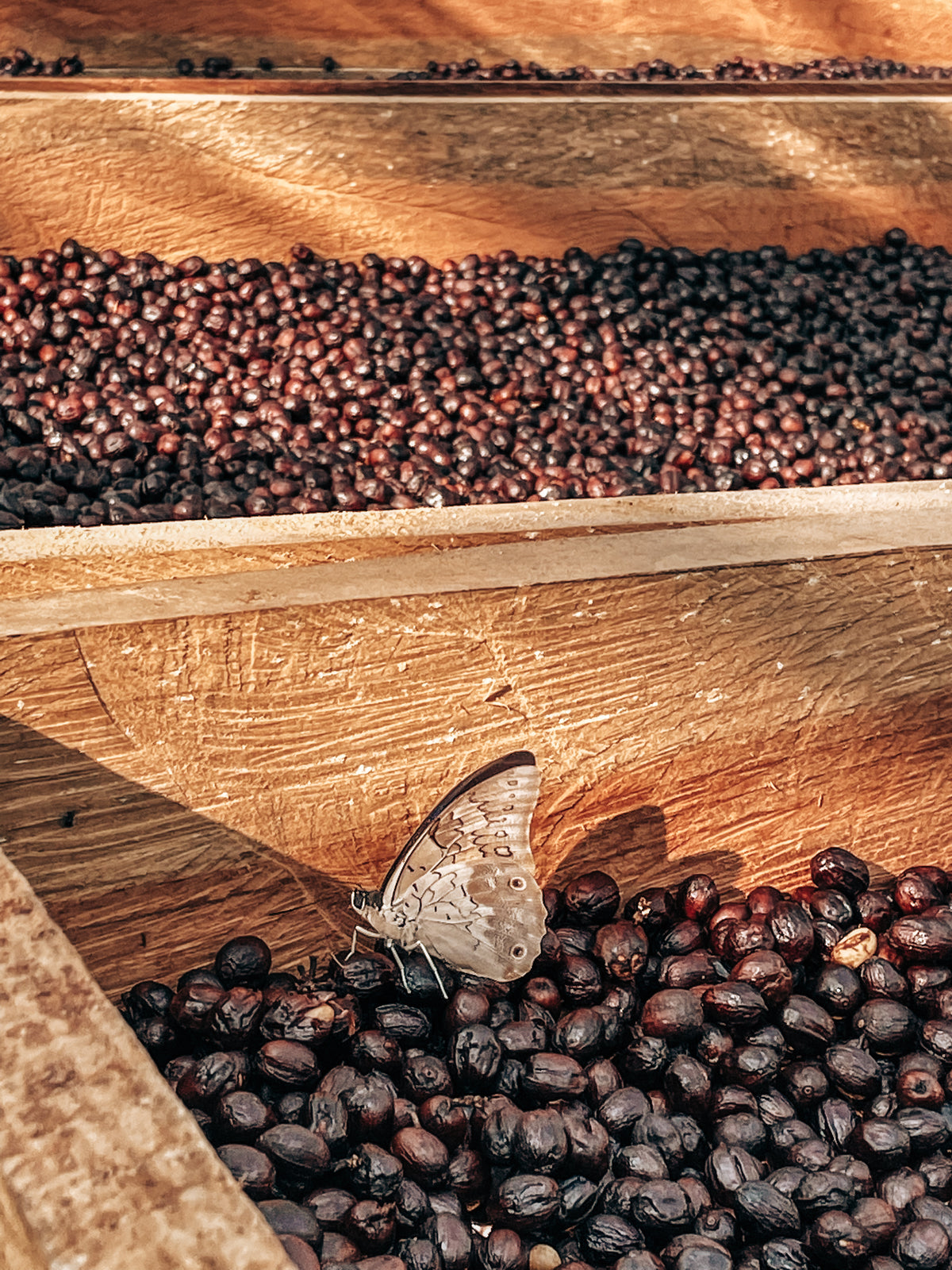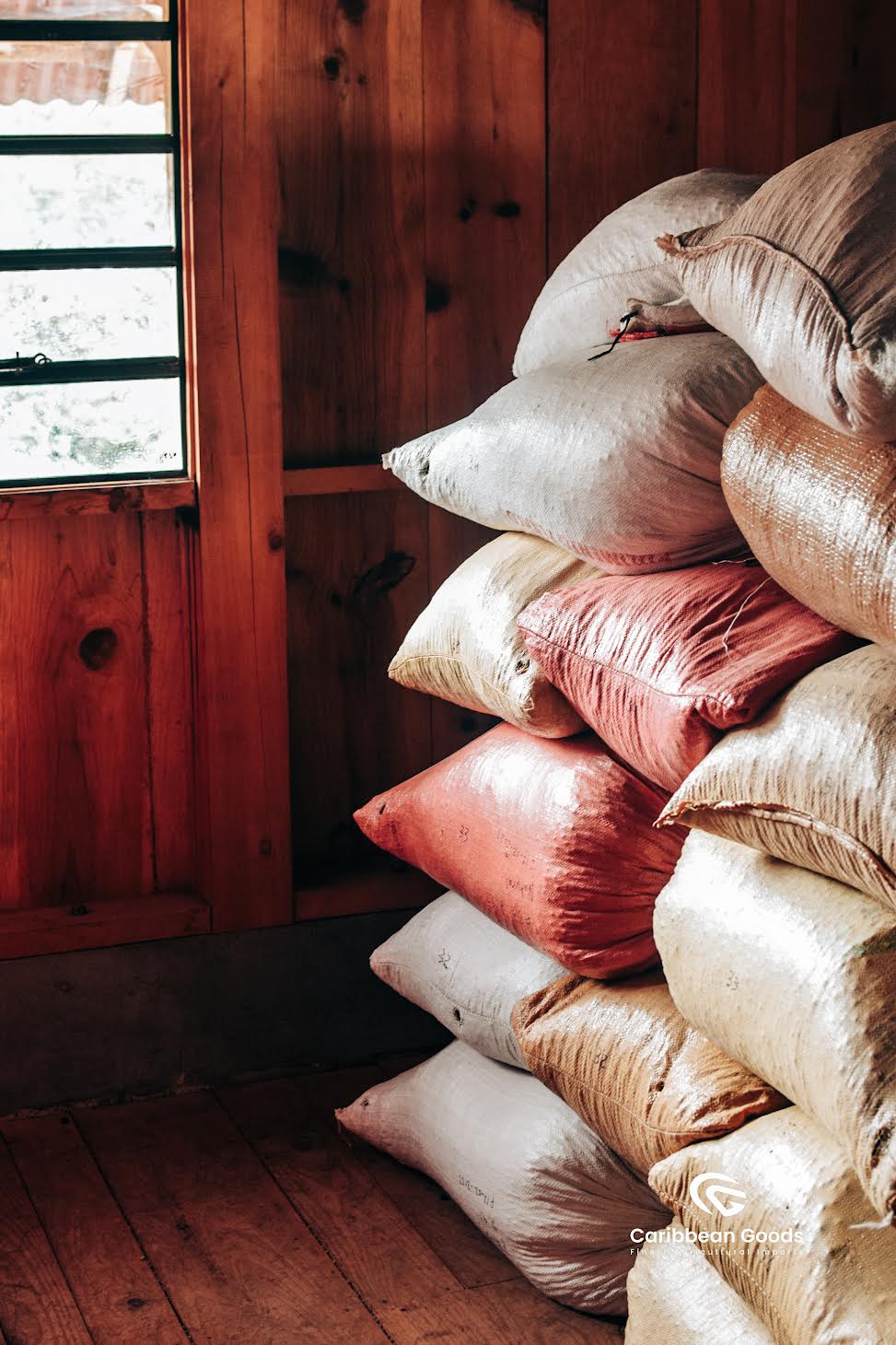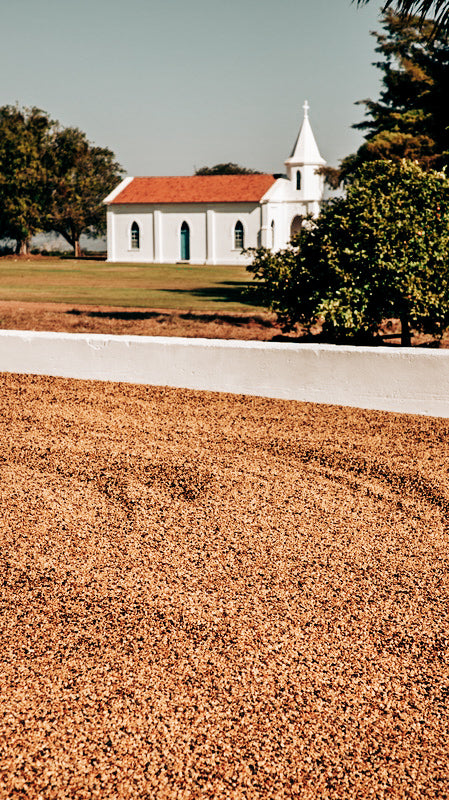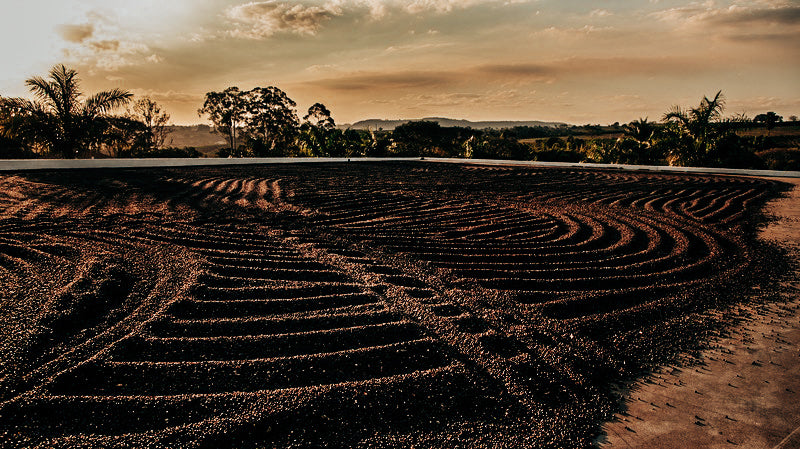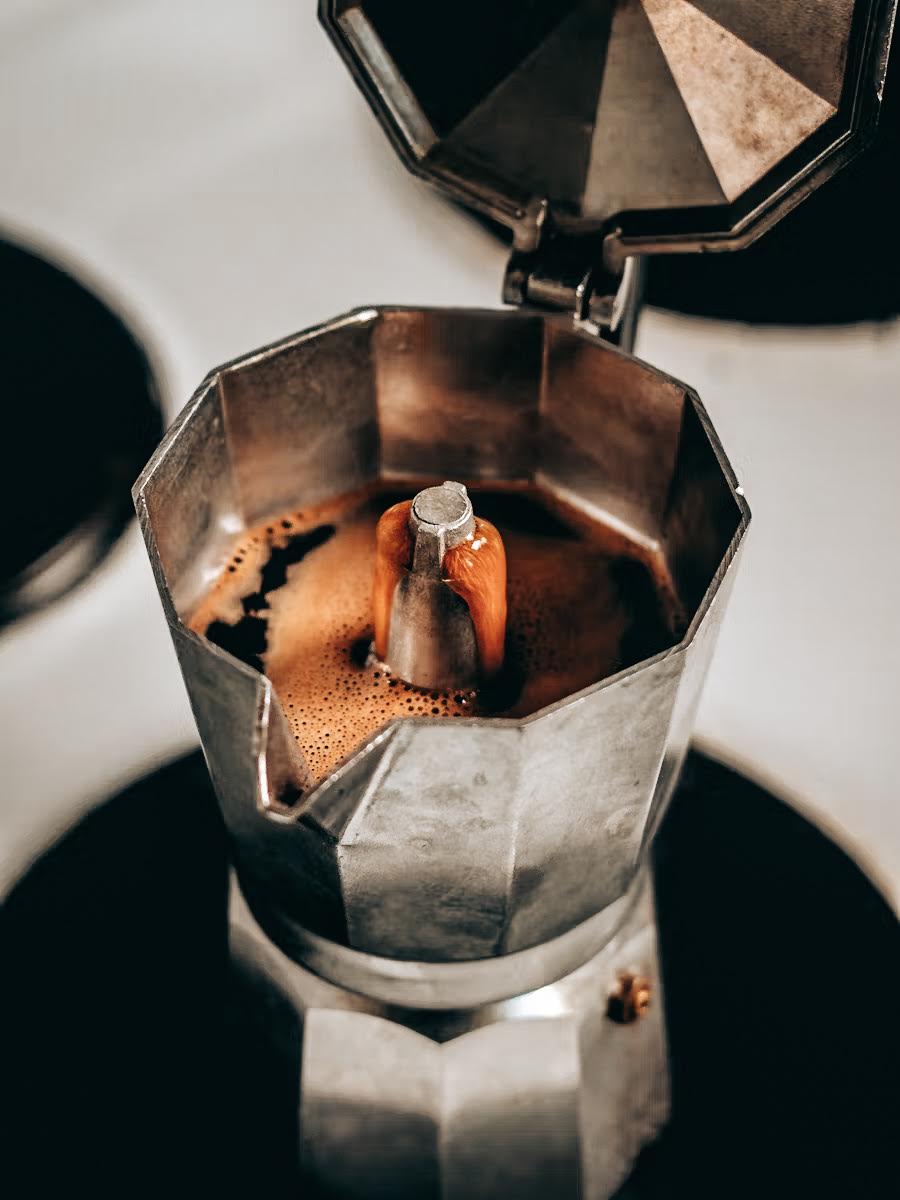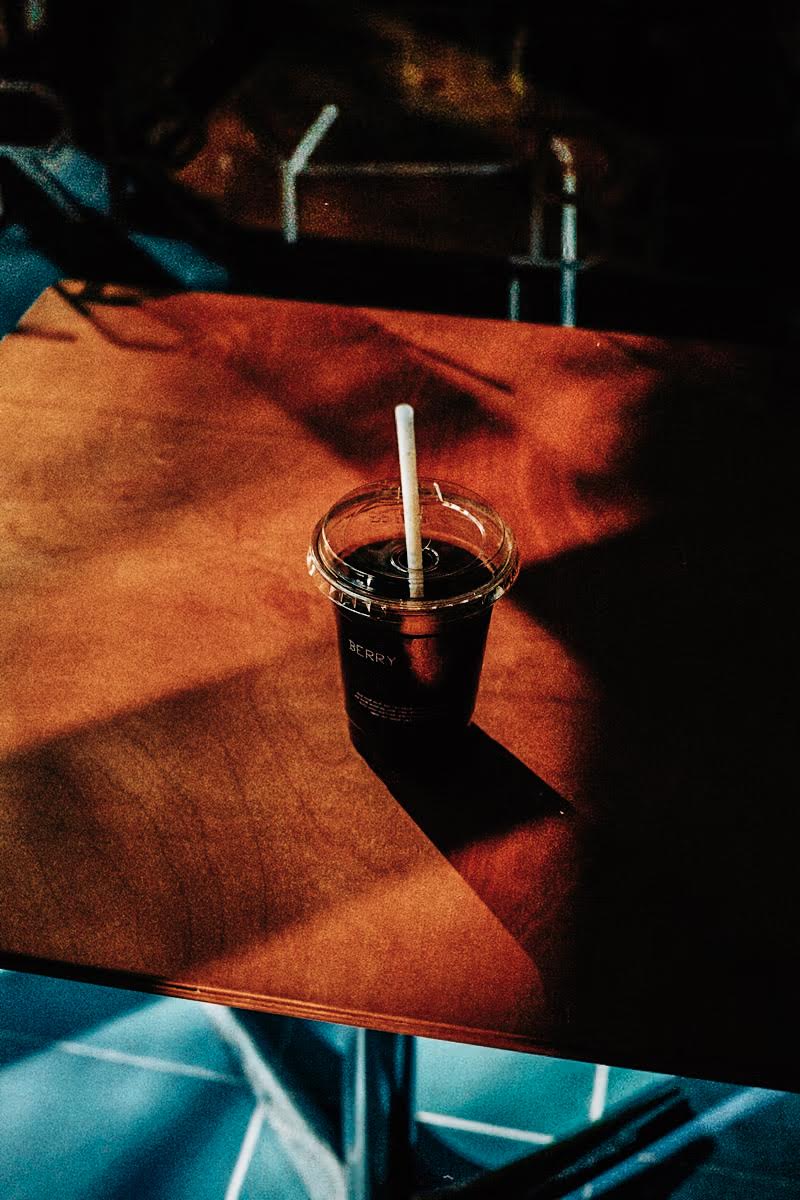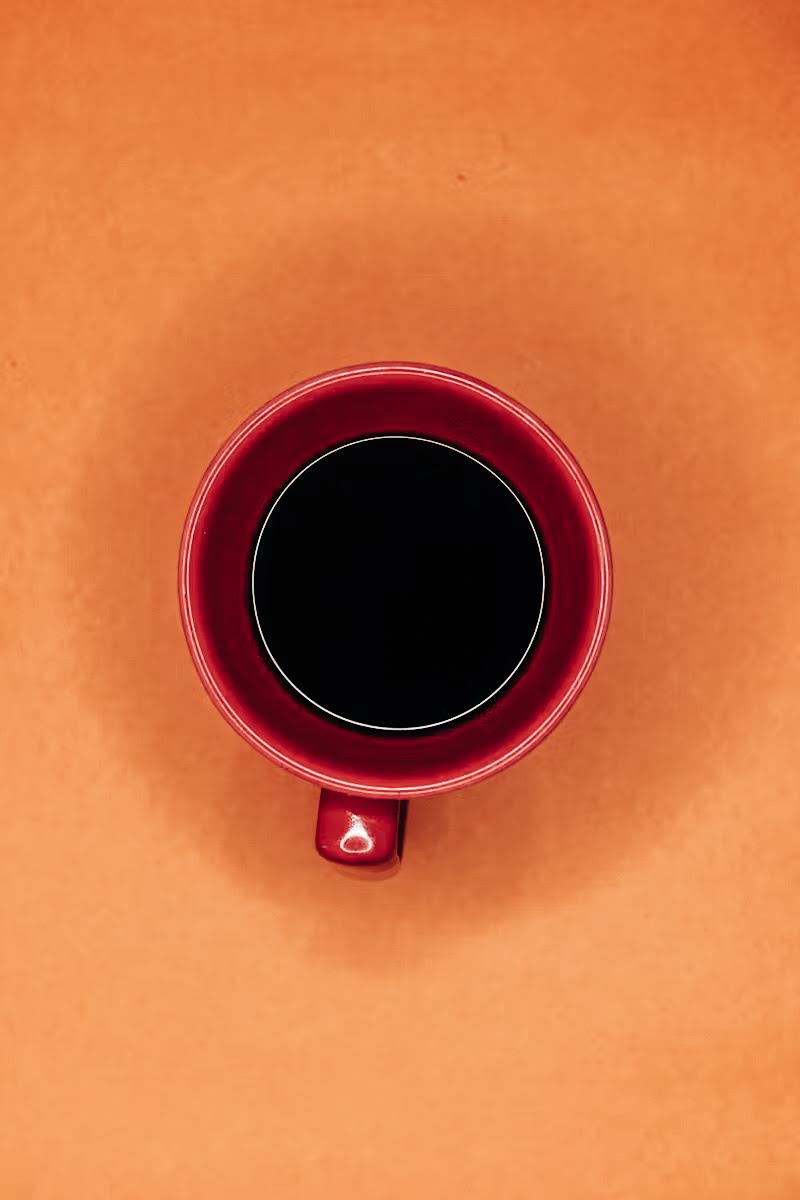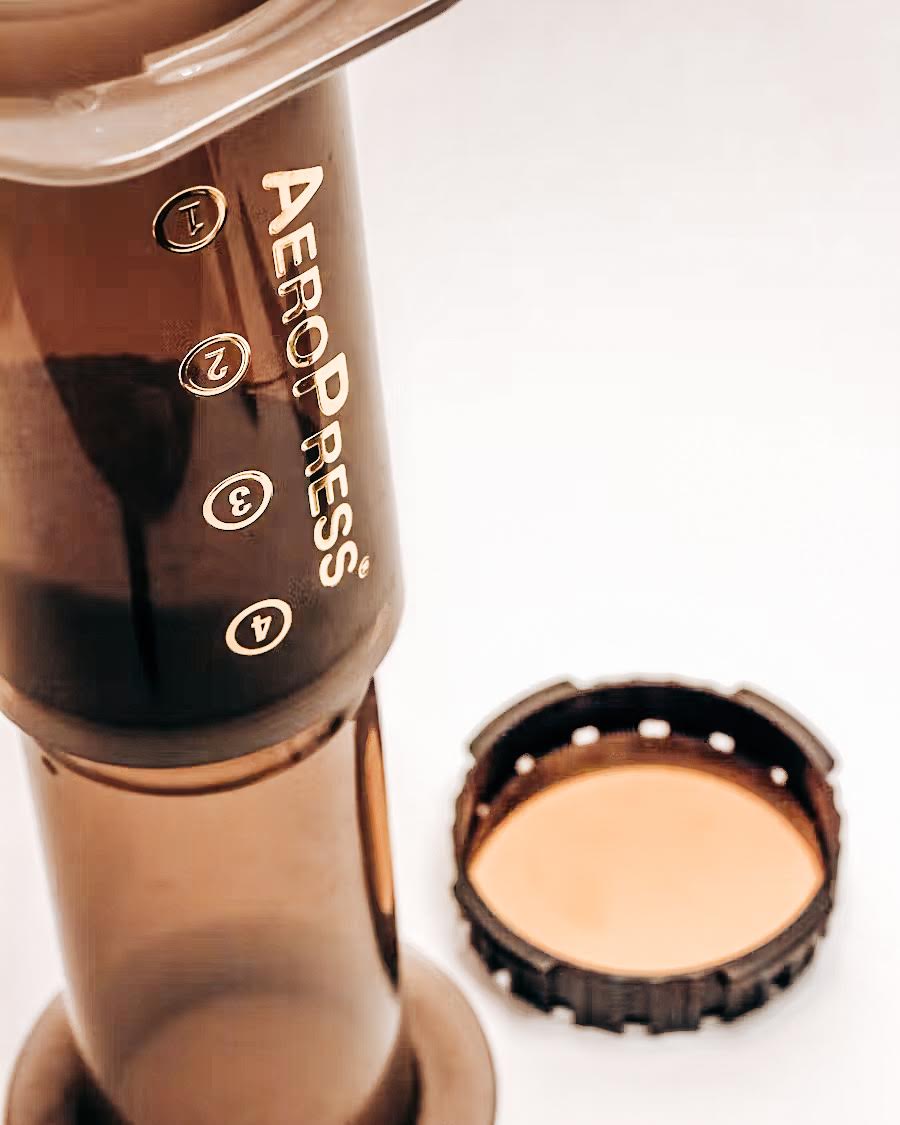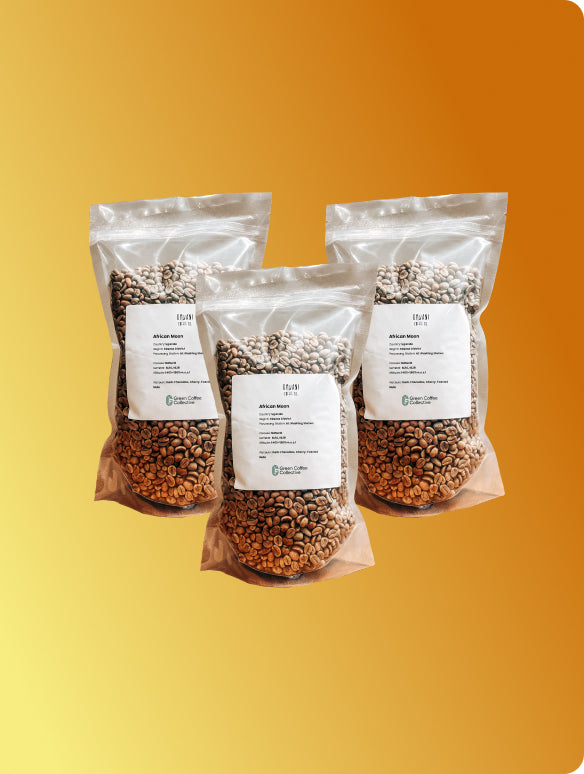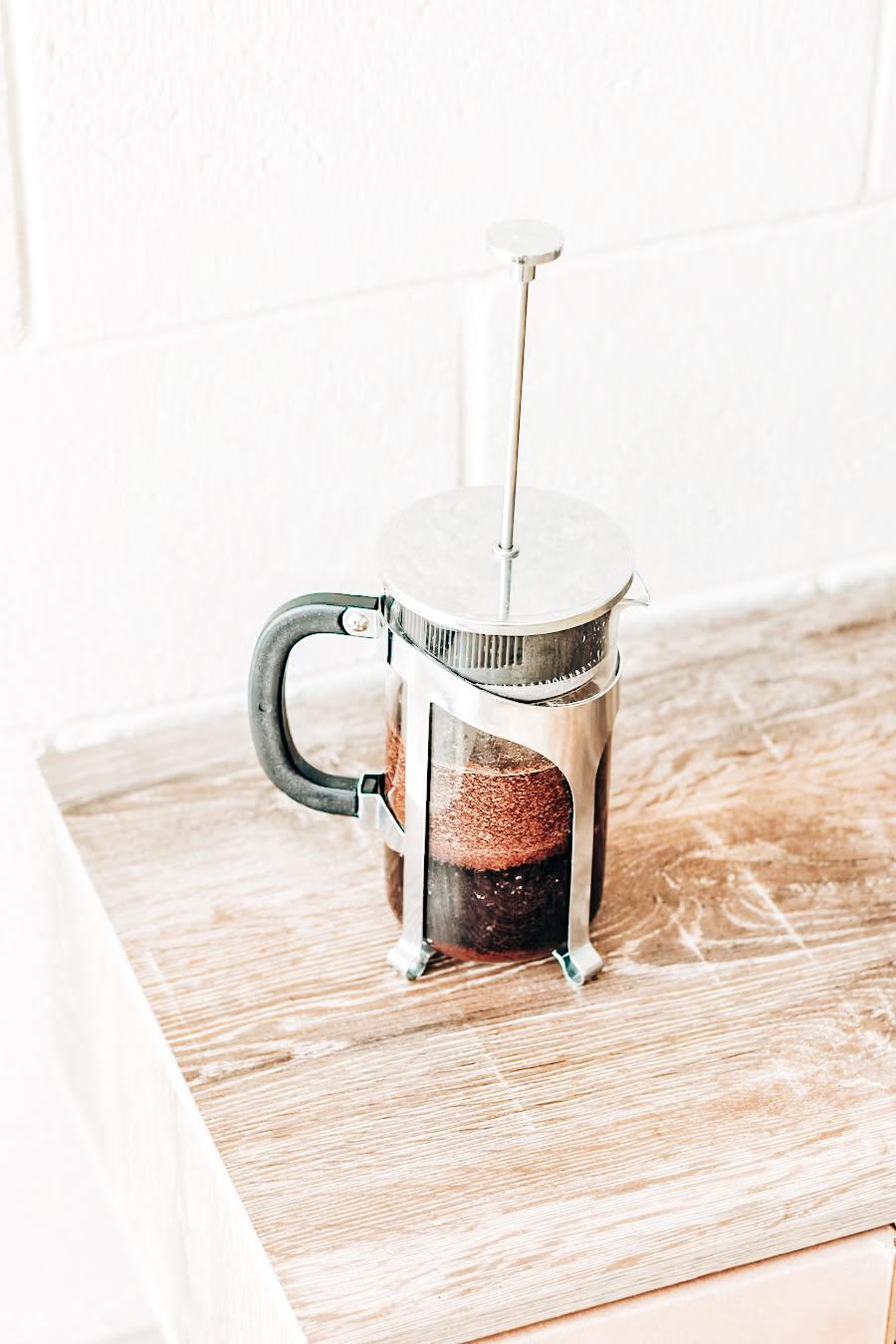
Green Coffee Beans for French Press Brewing
French press brewing brings out body and depth, making it a great fit for green coffee that lean into richness. These beans have been selected for how well they perform in immersion brewing - think smooth, sweet, and full in the cup. Classic Brazilian profiles work especially well here, along with other origins and processes that develop structure and roundness during extraction.
-
African Moon
Cupping Score83.75Processing methodVarietalSL 14 , SL 28Main flavour notesDark Chocolate | Brown Sugar | Pecan | Cashew | PlumIn Stock+20kg left -
Kwezi Natural - Drugar Premium
Cupping Score85.0Processing methodVarietalSL 14Main flavour notesFruity | Nutty | Honey | ChocolateIn Stock+420kg left -
Bukonzo Dream
Cupping Score86.25Processing methodVarietalSL 14 , SL 28Main flavour notesStrawberry | Caramel | Milk Chocolate | Tropical FruitOut of Stock -
Al Hayma & Anis Decaf
Cupping Score81.5Processing methodVarietalMultipleMain flavour notesGrape | Raspberry | LemonOut of Stock -
Rancho Morelia
Cupping Score85.0Processing methodVarietalBourbon , Typica , CatimorMain flavour notesChocolate | Vanilla | CinnamonOut of Stock -
Nova Blend
Cupping Score83.75Processing methodVarietalMultipleMain flavour notesToblerone | Brown Sugar | Tangerine | CherriesOut of Stock -
Regional Huila
Cupping Score84.25Processing methodVarietalCastillo , CaturraMain flavour notesHazelnut | Caramel | Panela | Orange Peel | AppleIn Stock+220kg left -
Natural Andrea Costa
Cupping Score83.0Processing methodVarietalRed CatuaiMain flavour notesWalnut | CocoaOut of Stock -
Ciasu Peaberry Field Blend
Cupping Score85.0Processing methodVarietalCatucai , Mundo Novo , AcaiáMain flavour notesOrange | Molasses | Juicy | NegroniIn Stock+395kg left -
Johan Vergara | Java
Cupping Score85.0Processing methodVarietalJavaMain flavour notesChocolate | Roasted Almonds | Red BerriesOut of Stock -
Crystal Valley
Cupping Score84.5Processing methodVarietalCatuaiMain flavour notesSweet | Citrus | Brown SpiceOut of Stock -
Rancho Morelia
Cupping Score85.0Processing methodVarietalBourbon , Typica , CatimorMain flavour notesMaple Syrup | Cocoa | Orange | BergamotIn Stock+60kg left -
Natural Cipaganti West Java
Cupping Score81.25Processing methodVarietalTypica , Line SMain flavour notesMilk Chocolate | GrapefruitOut of Stock -
Ghattadahally
Cupping Score85.0Processing methodVarietalChandragiriMain flavour notesRed apple | White grape | Milk chocolateOut of Stock -
Kirunga Lot 14
Cupping Score87.5Processing methodVarietalRed BourbonMain flavour notesFruity | Clean | Juicy | CreamyOut of Stock -
Agri Evolve Pulped Anaerobic
Cupping Score86.75Processing methodVarietalSL 14 , SL 28Main flavour notesOrange | Tropical FruitOut of Stock -
Kericho County AA - Kenyan Decaf
Cupping Score85.25Processing methodVarietalBatian , Ruiru 11 , SL 28 , SL 34Main flavour notesBrown Sugar | Malt | HoneyIn Stock+70kg left -
Auro 72h Yeast Fermentation Acaiá Peaberry
Cupping Score89.5Processing methodVarietalAcaiá PeaberryMain flavour notesCaramel Shards | Yellow Tomato | Physalis | Tartaric | SyrupyIn Stock+5kg left -
Banka Natural
Cupping Score85.25Processing methodVarietalCatimor (P3 / P4)Main flavour notesCherry Compote | Milk Chocolate | CaramelLow Stock -
Amatillo Bourbon Catuai
Cupping Score89.25Processing methodVarietalCatuai , BourbonMain flavour notesRaspberry Compote | Black Grape | Lime | Red CurrantOut of Stock -
Nuevo Vergel | Maragogype Natural
Cupping Score87.0Processing methodVarietalRed MaragogypeMain flavour notesStrawberry | Caramel | MandarinIn Stock+5kg left -
San José Ocaña
Cupping Score85.75Processing methodVarietalBourbonMain flavour notesBlackberry | Plum | Vanilla | HoneyOut of Stock -
Sucalfru 72h Yeast Fermentation
Cupping Score88.0Processing methodVarietalArara PeaberryMain flavour notesTamarind | Starfruit | Watermelon | JuicyOut of Stock
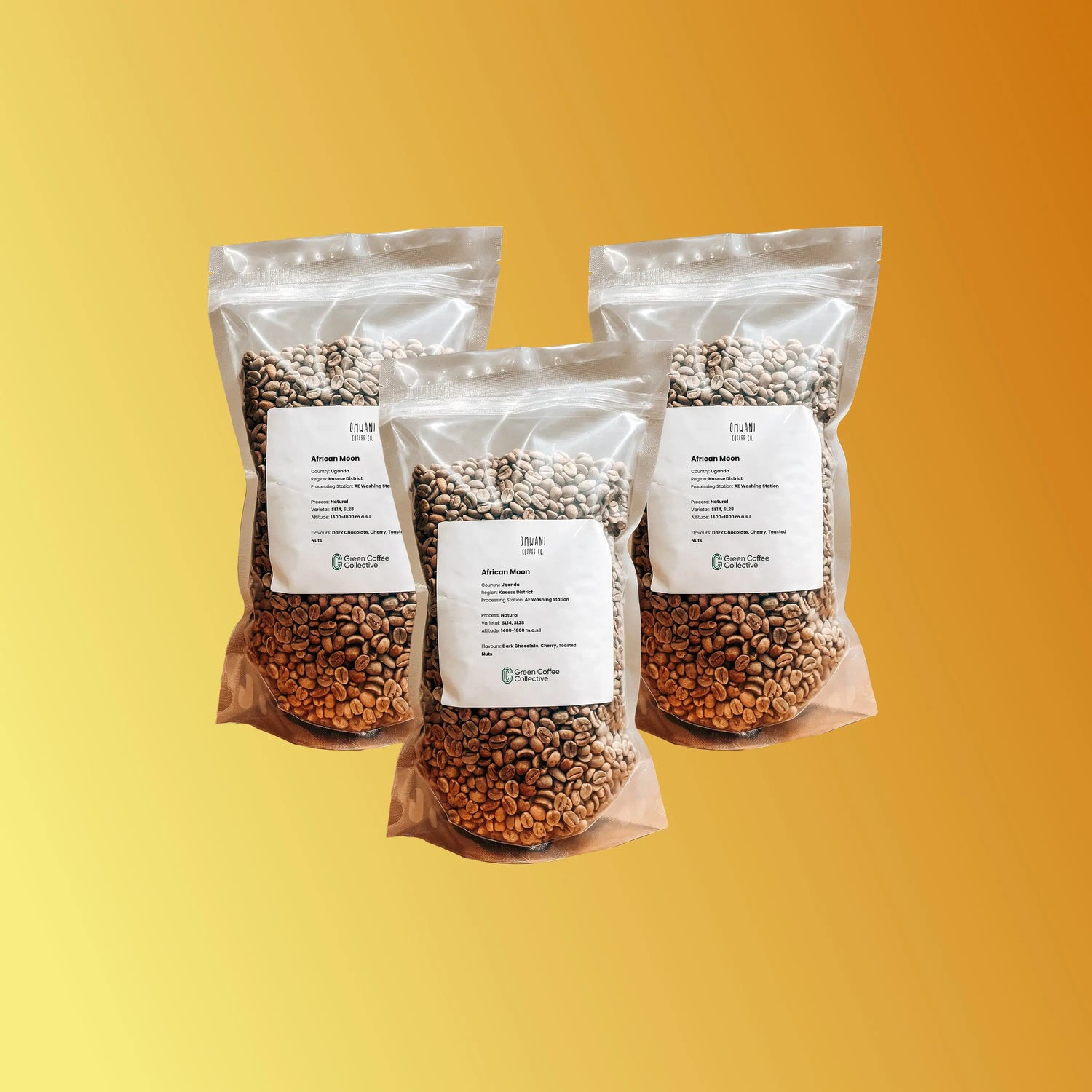
Your guide to Green Coffee Beans for French Press Brewing
-
What makes a coffee well-suited to French Press brewing?
-
Do I need to roast differently for French Press?
-
How does French Press brewing affect flavour?
-
Perfect Green Coffee Beans for French Press Brewing.
-
Understanding French Press Brewing & Bean Suitability
-
What to Look for in Green Coffee Beans for French Press Brewing?
-
Key Characteristics of Ideal Beans for French Press Brewing
-
Conclusion

